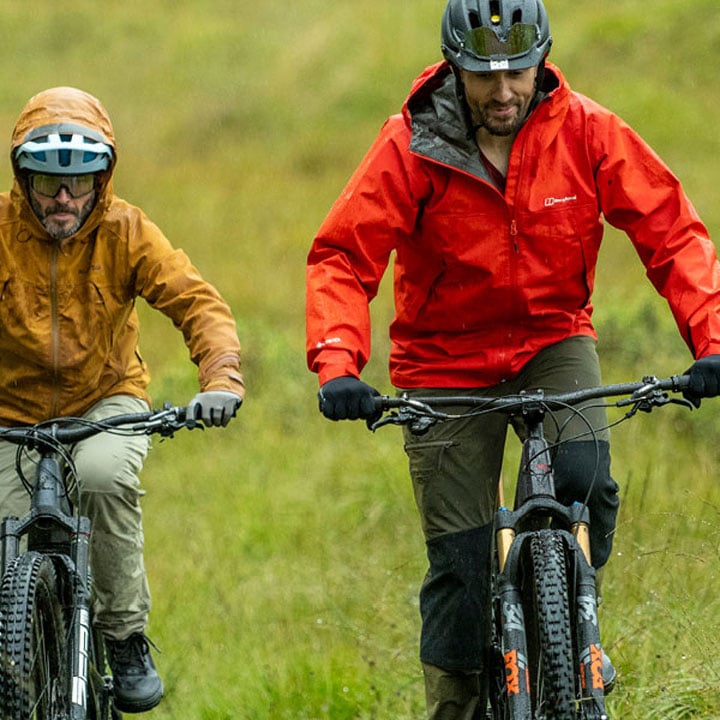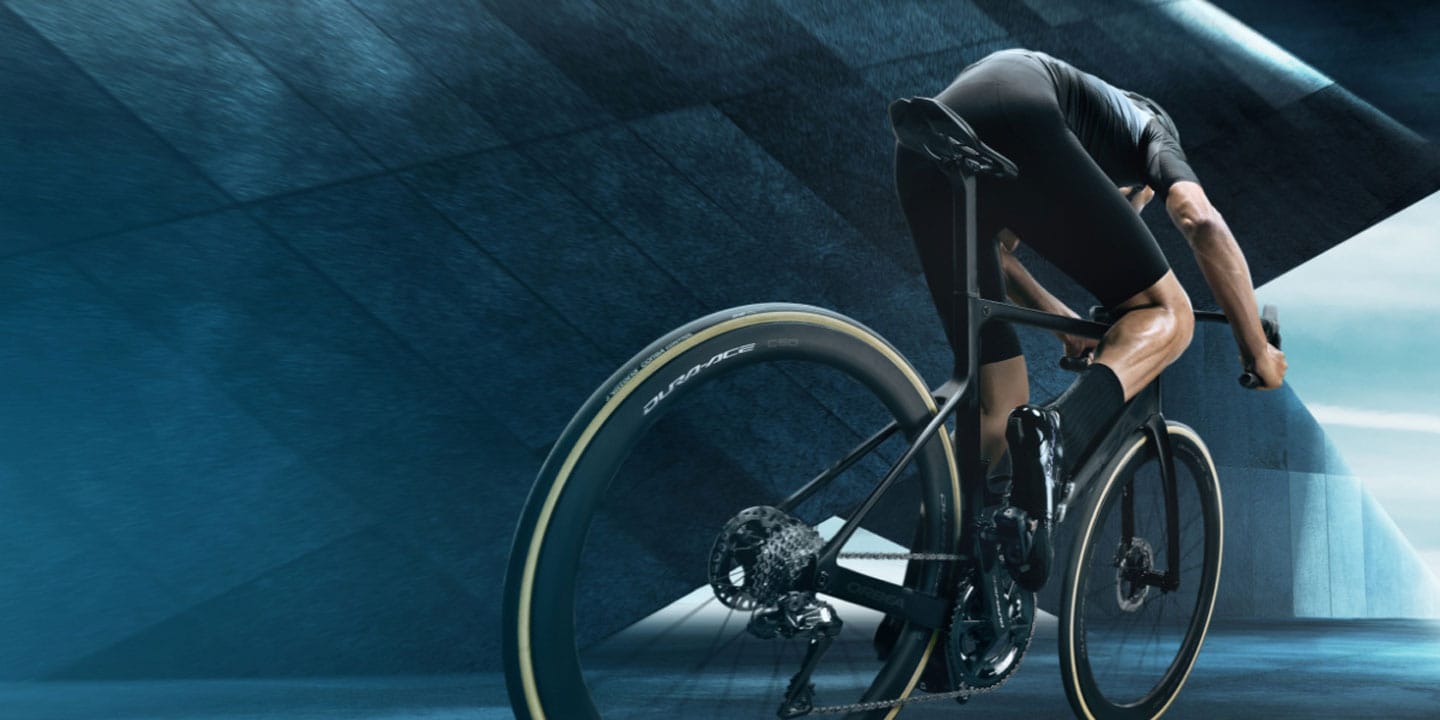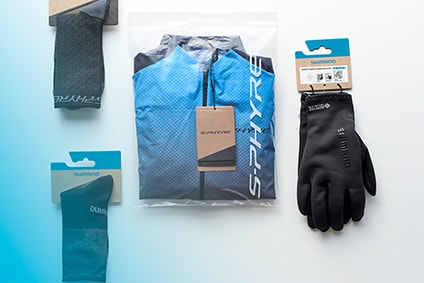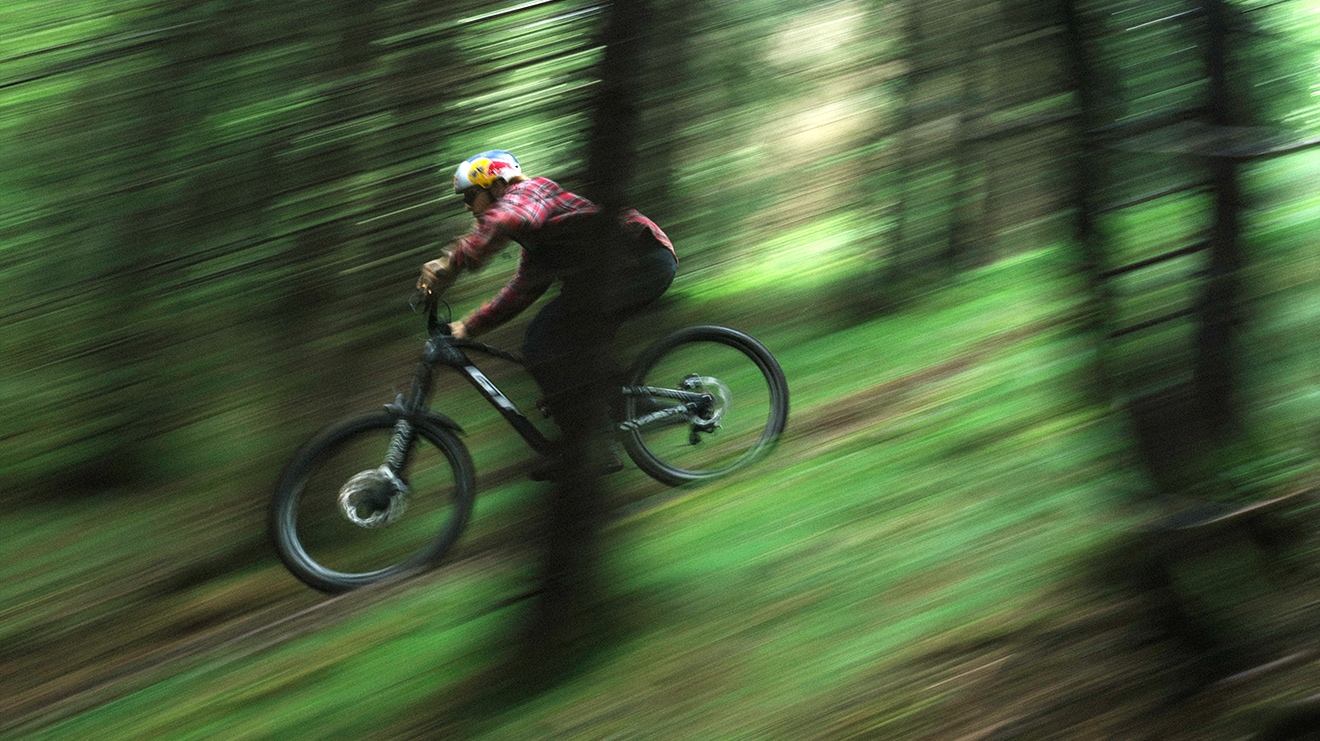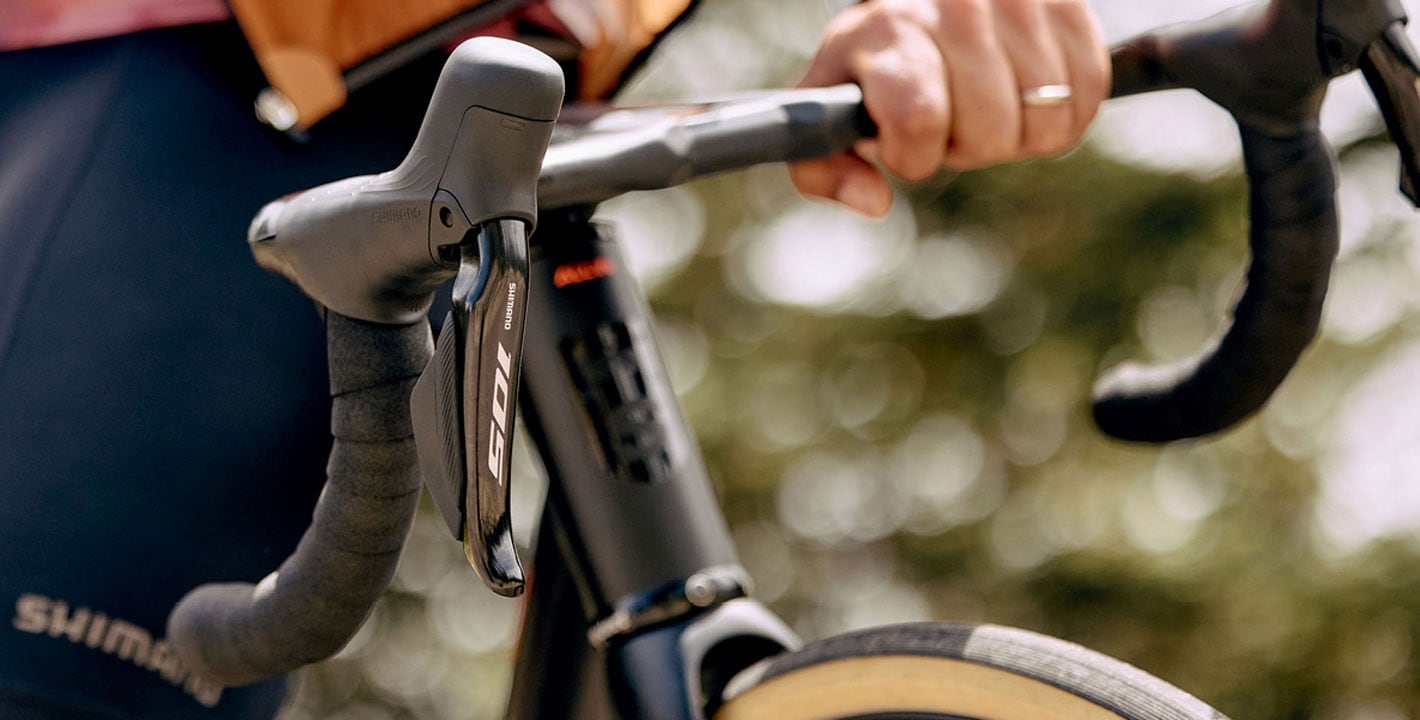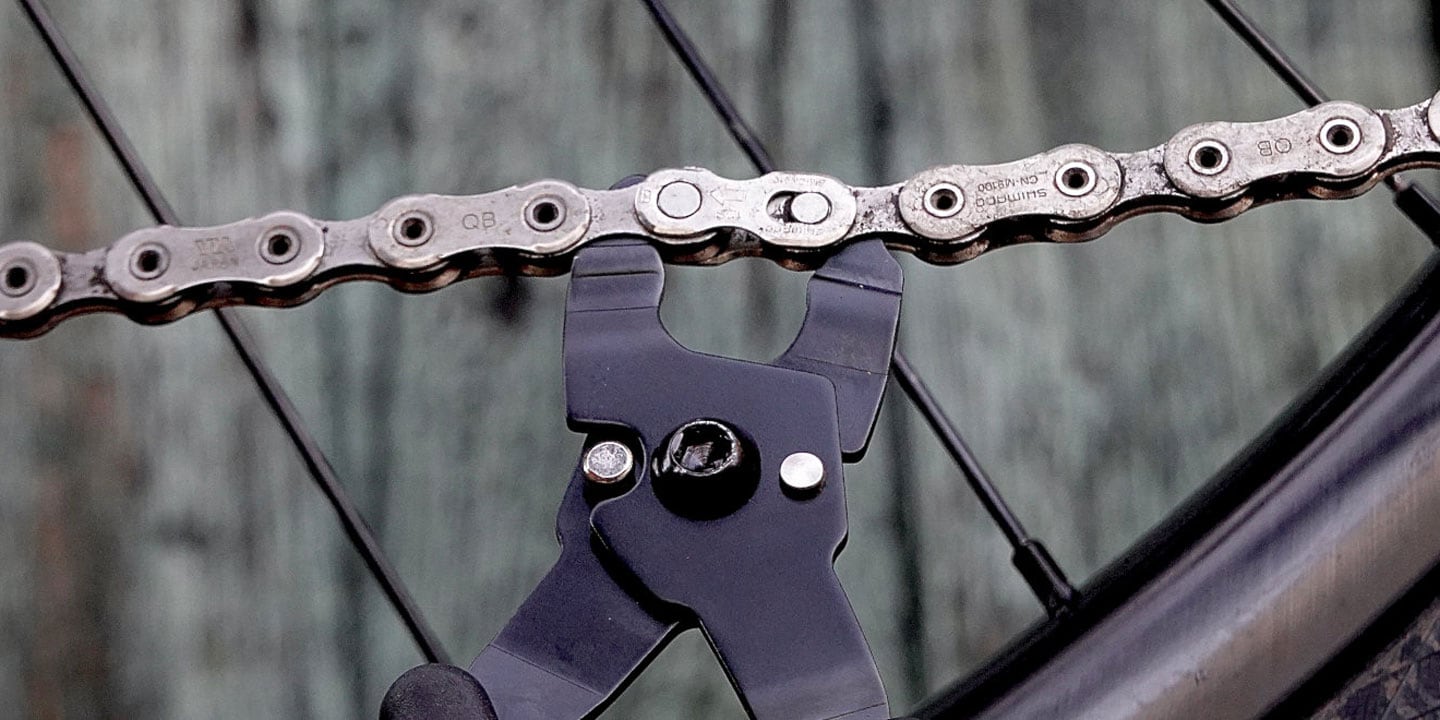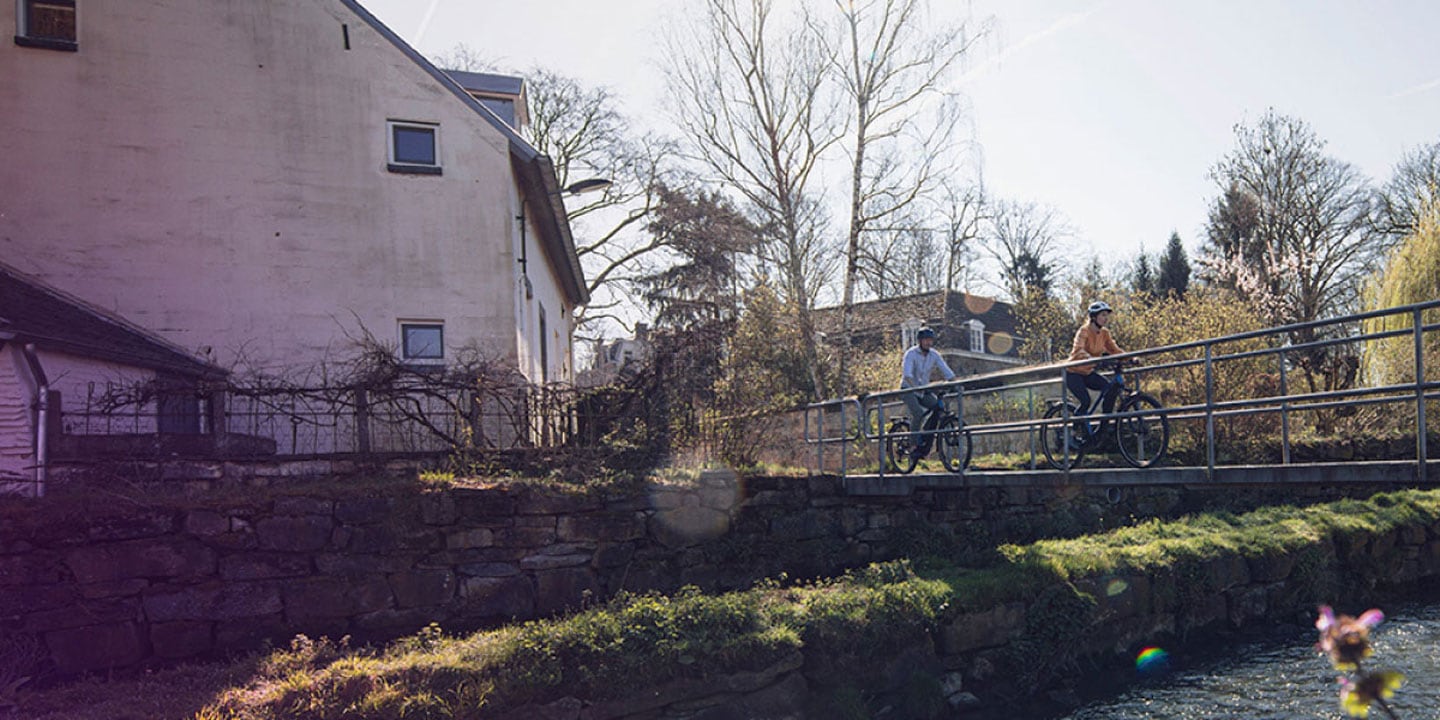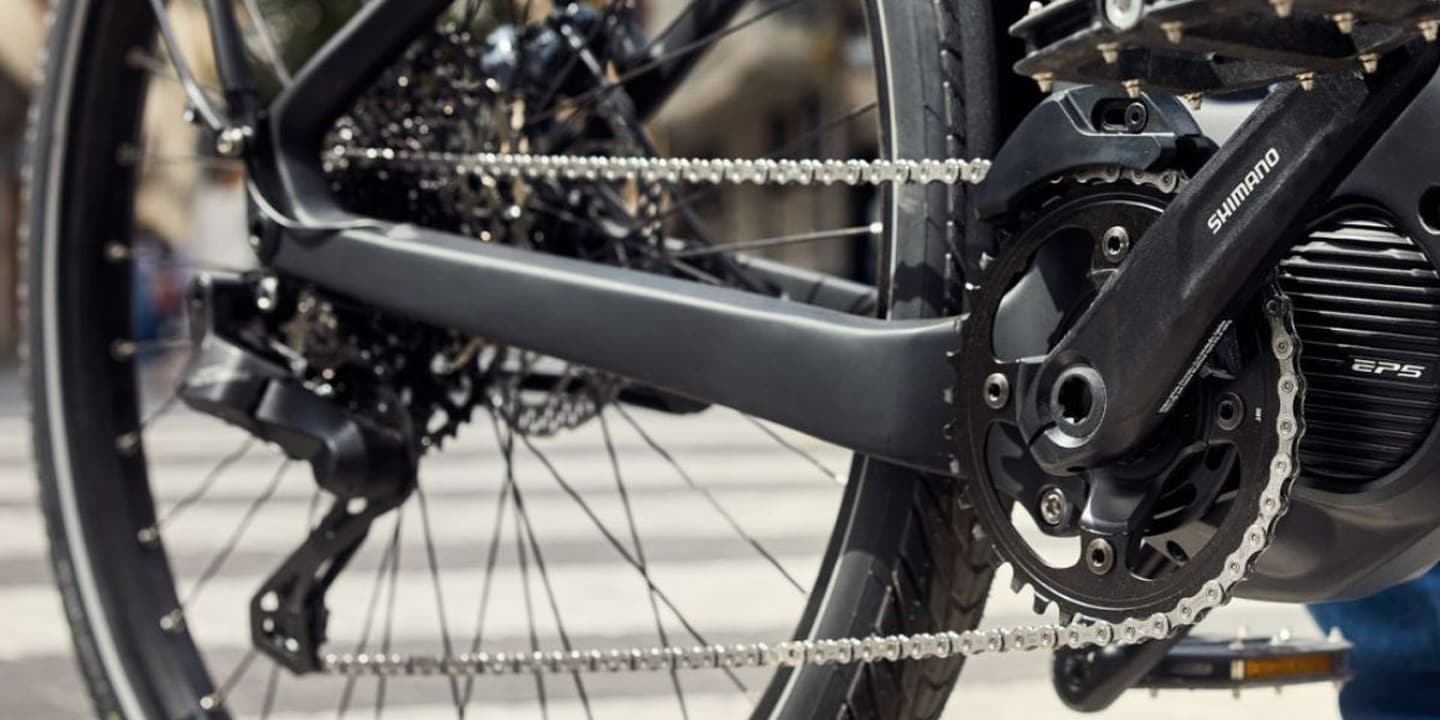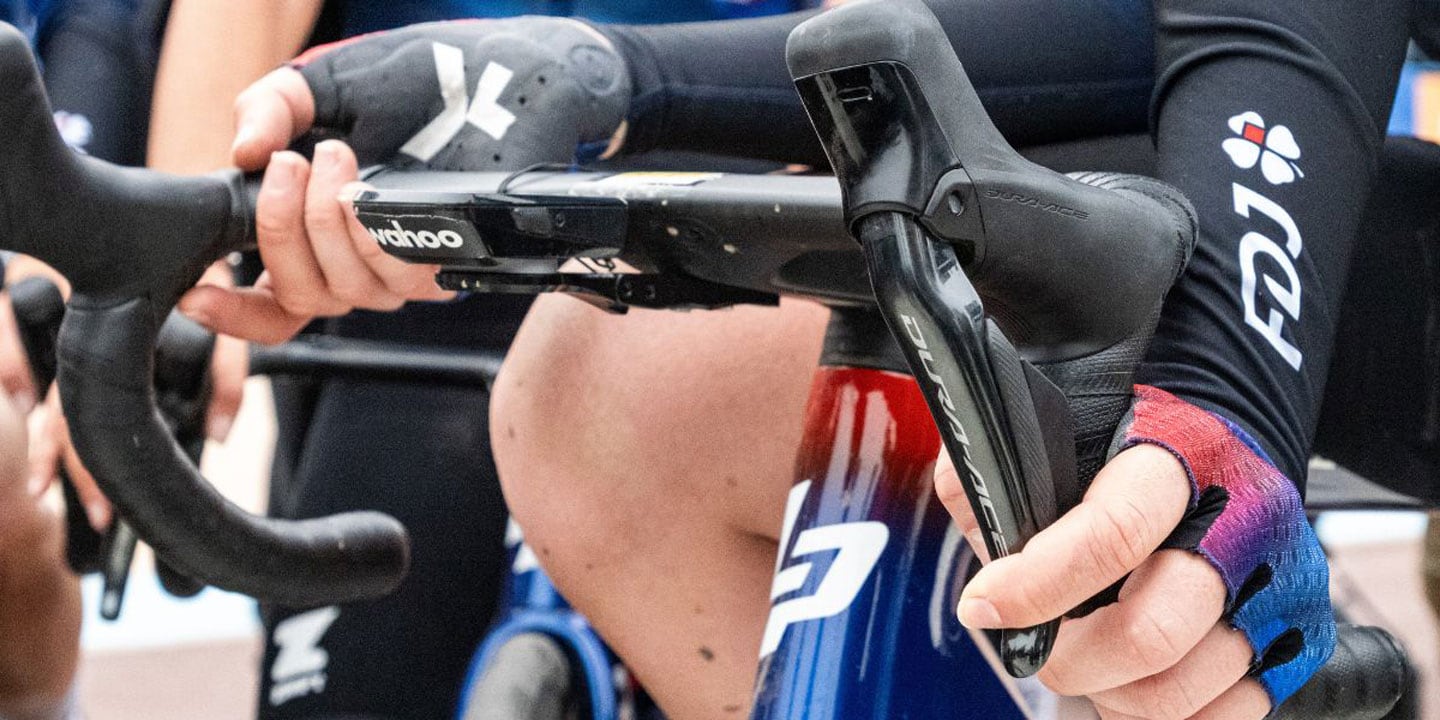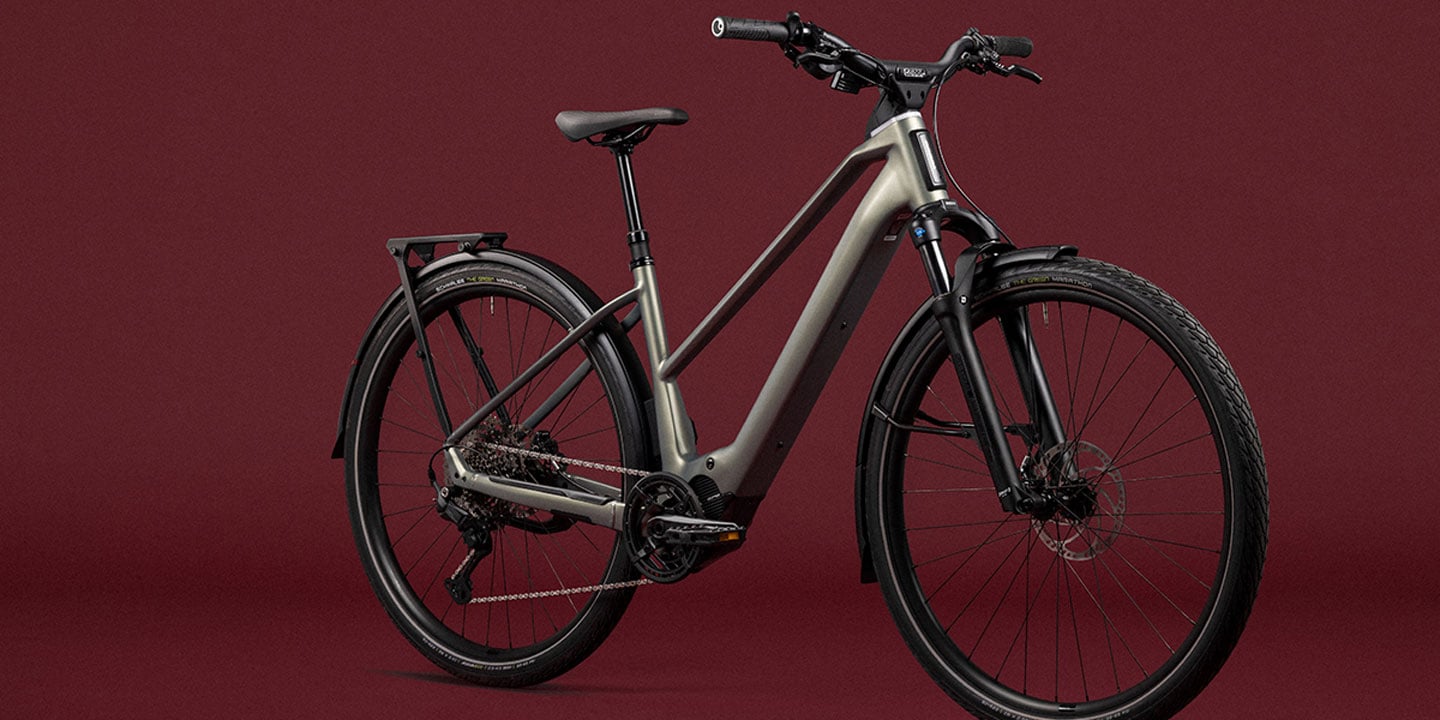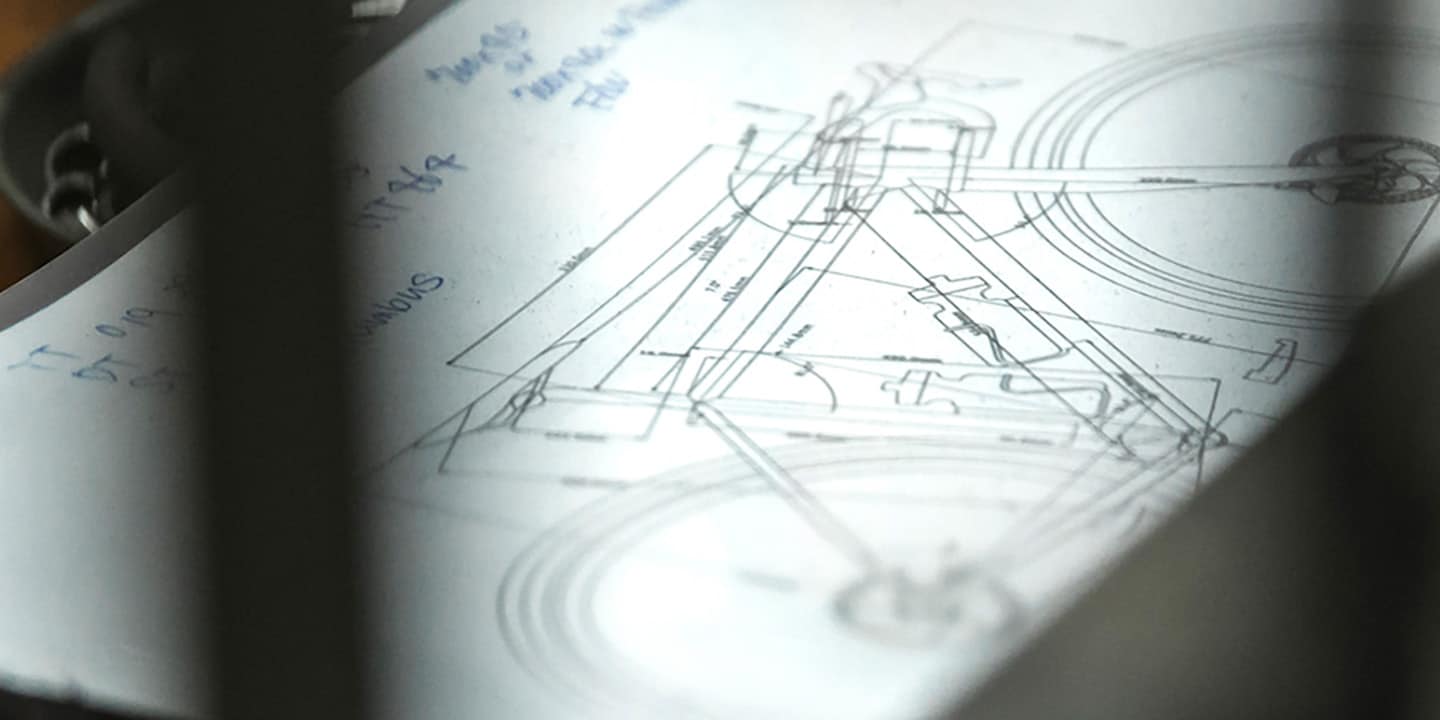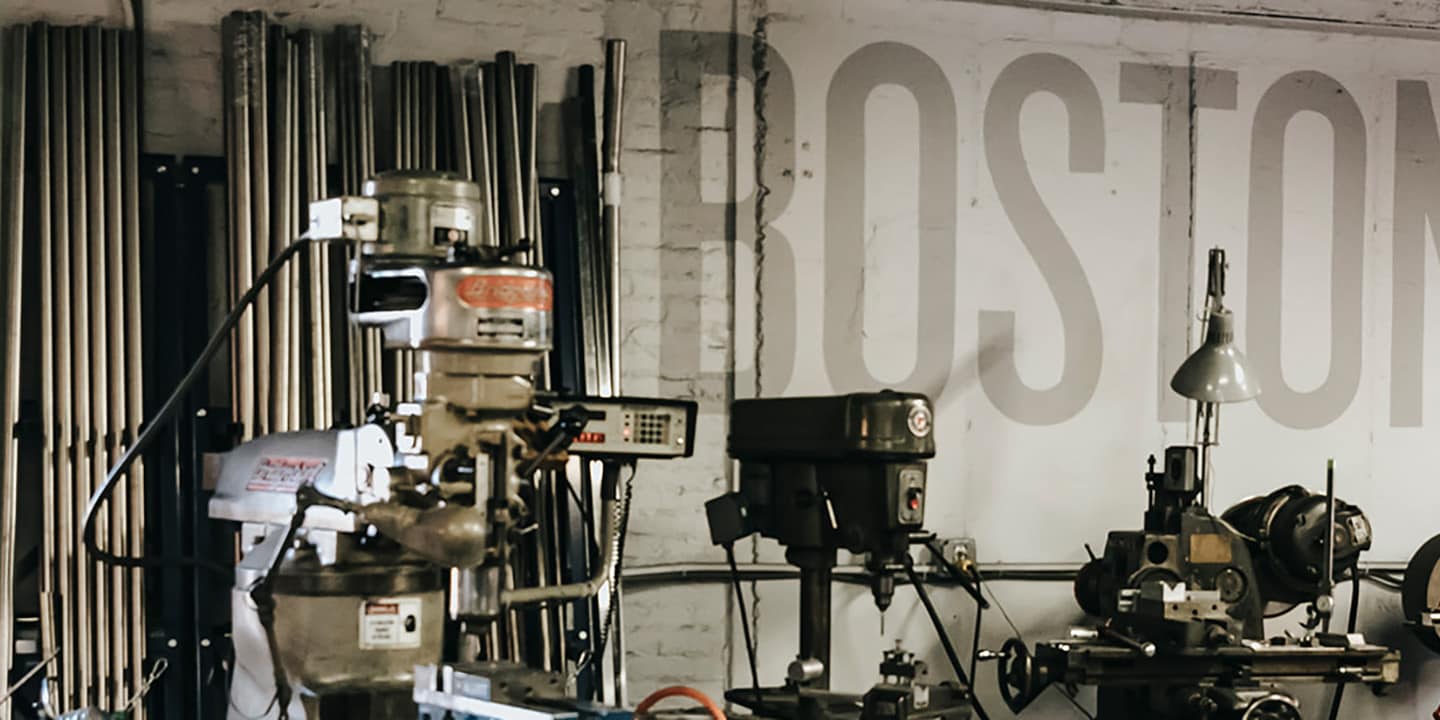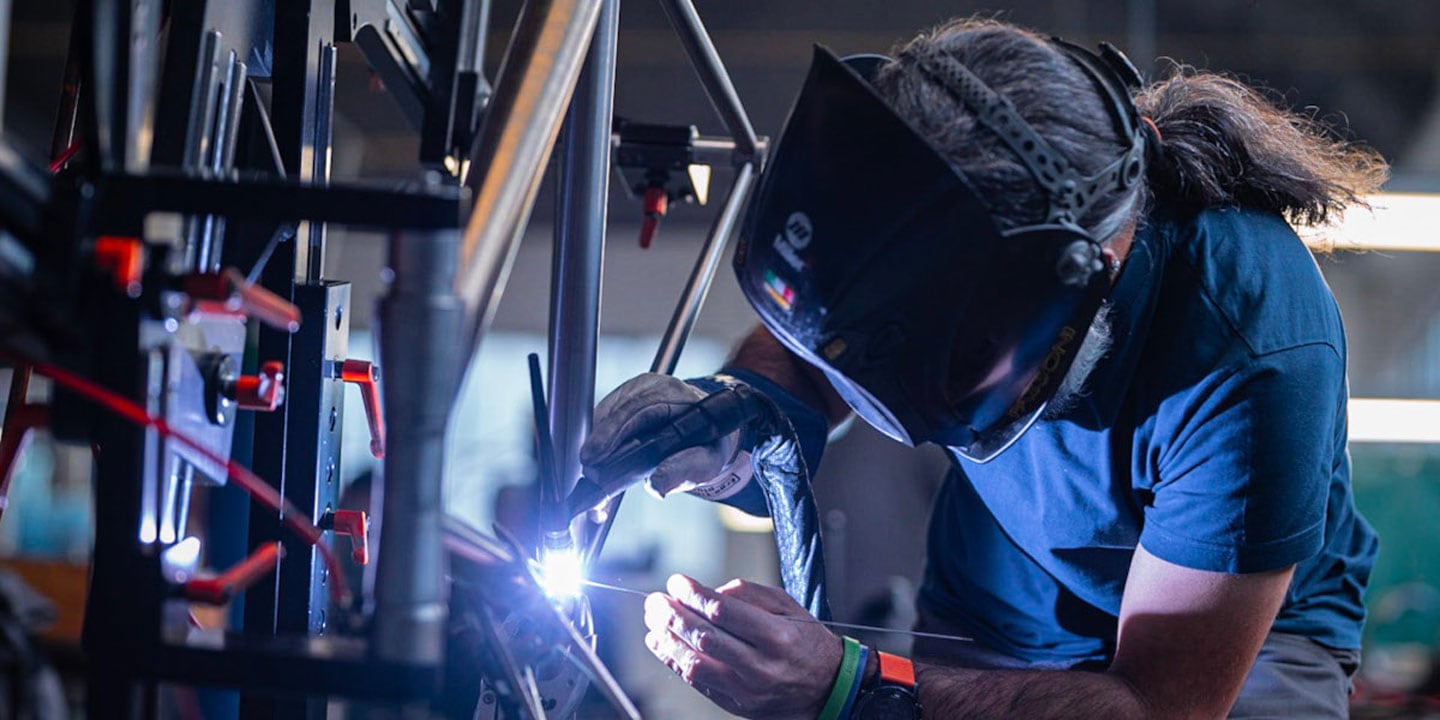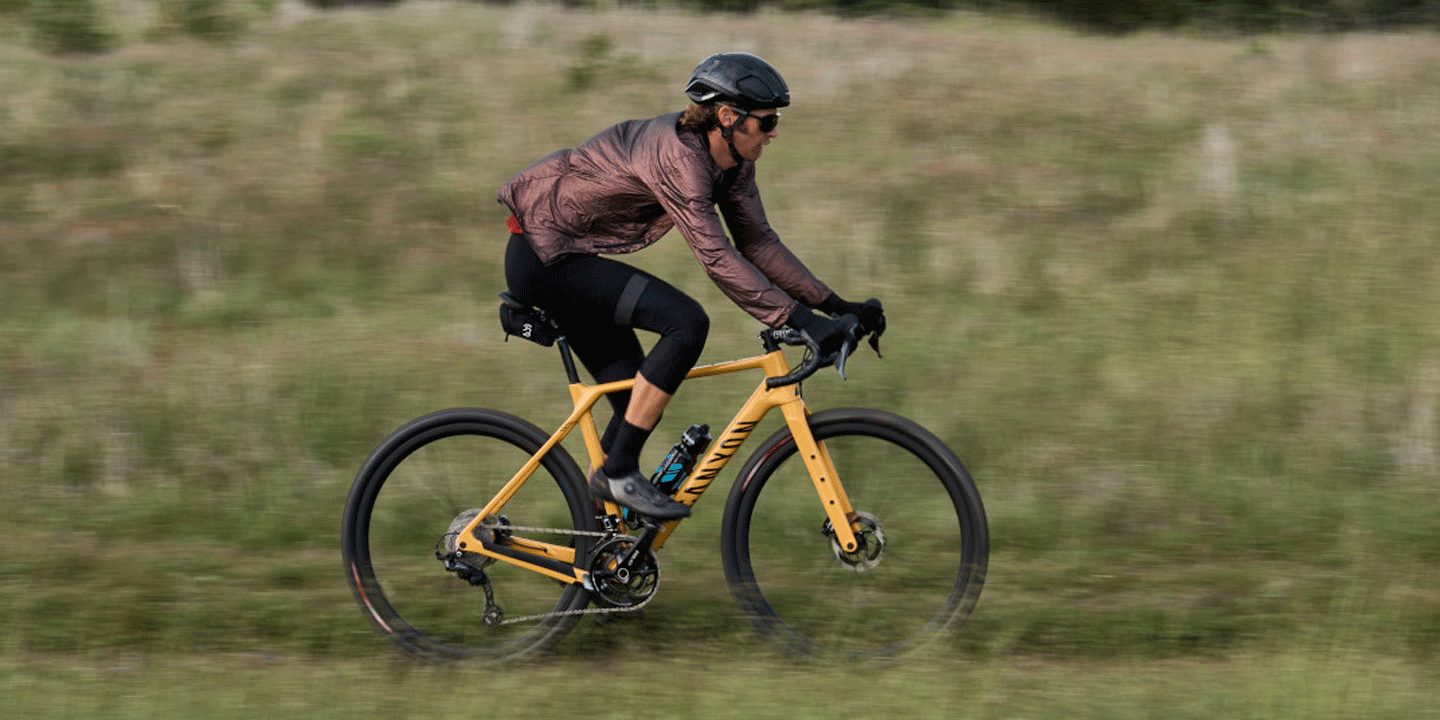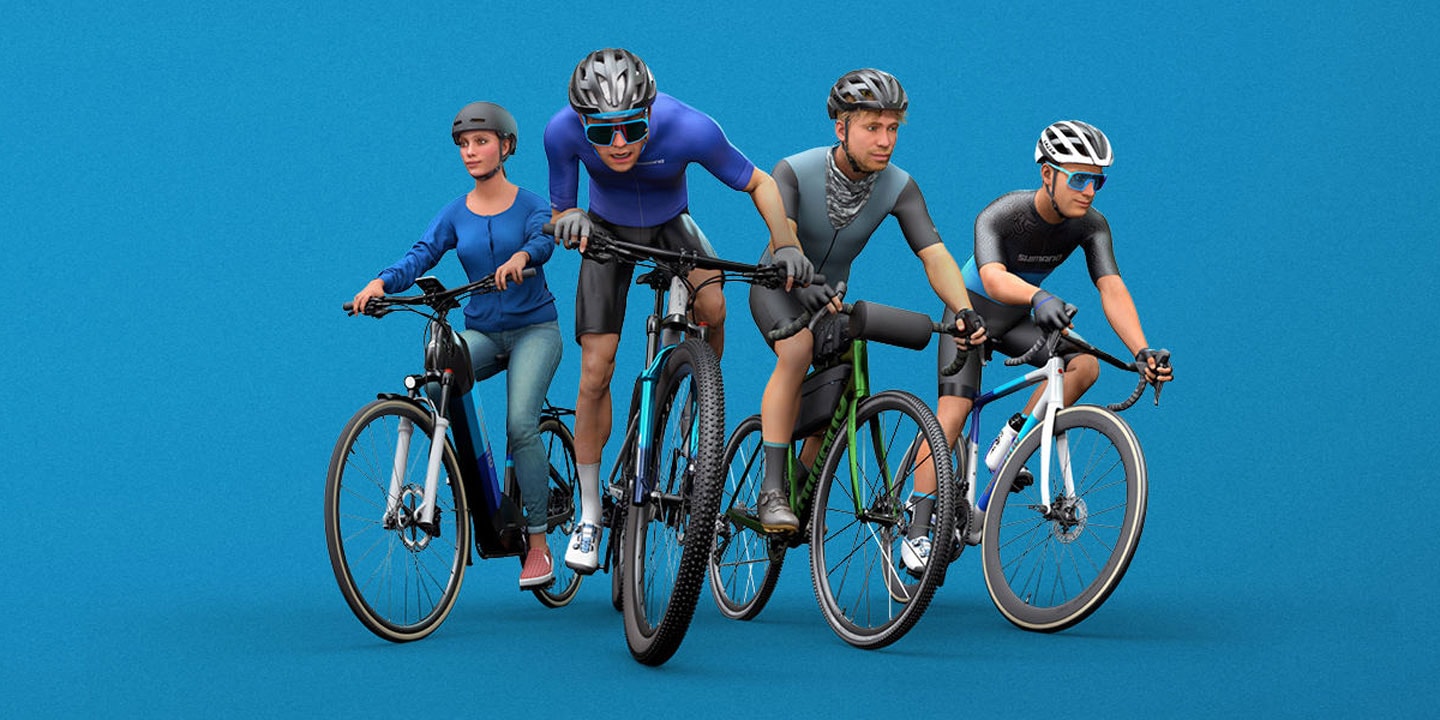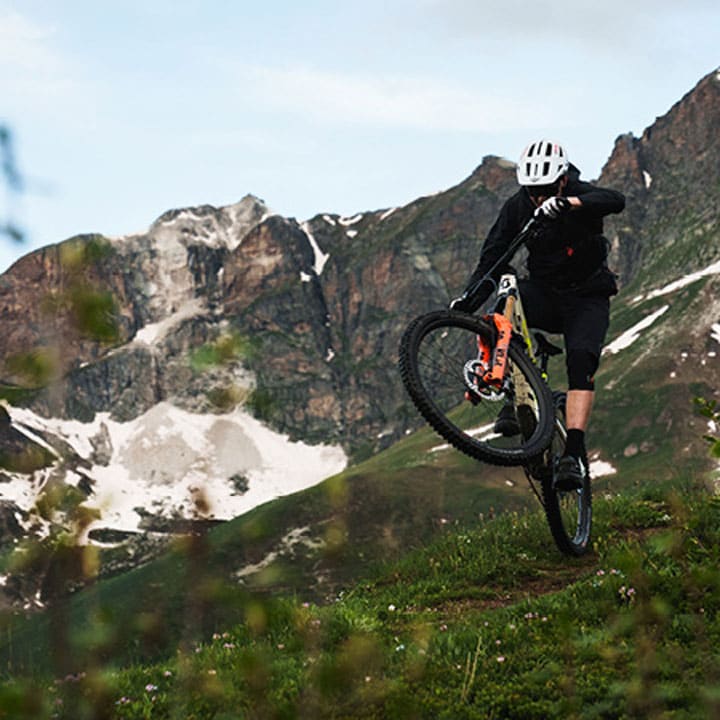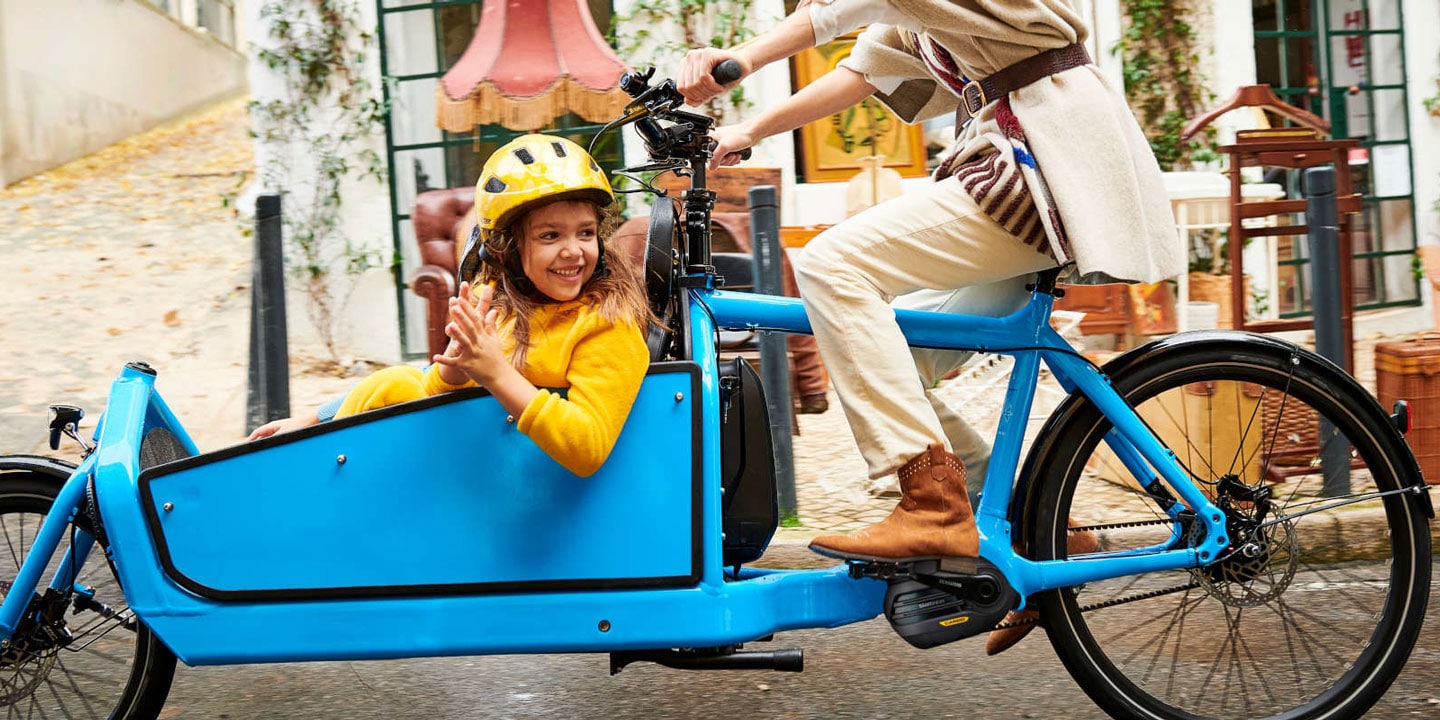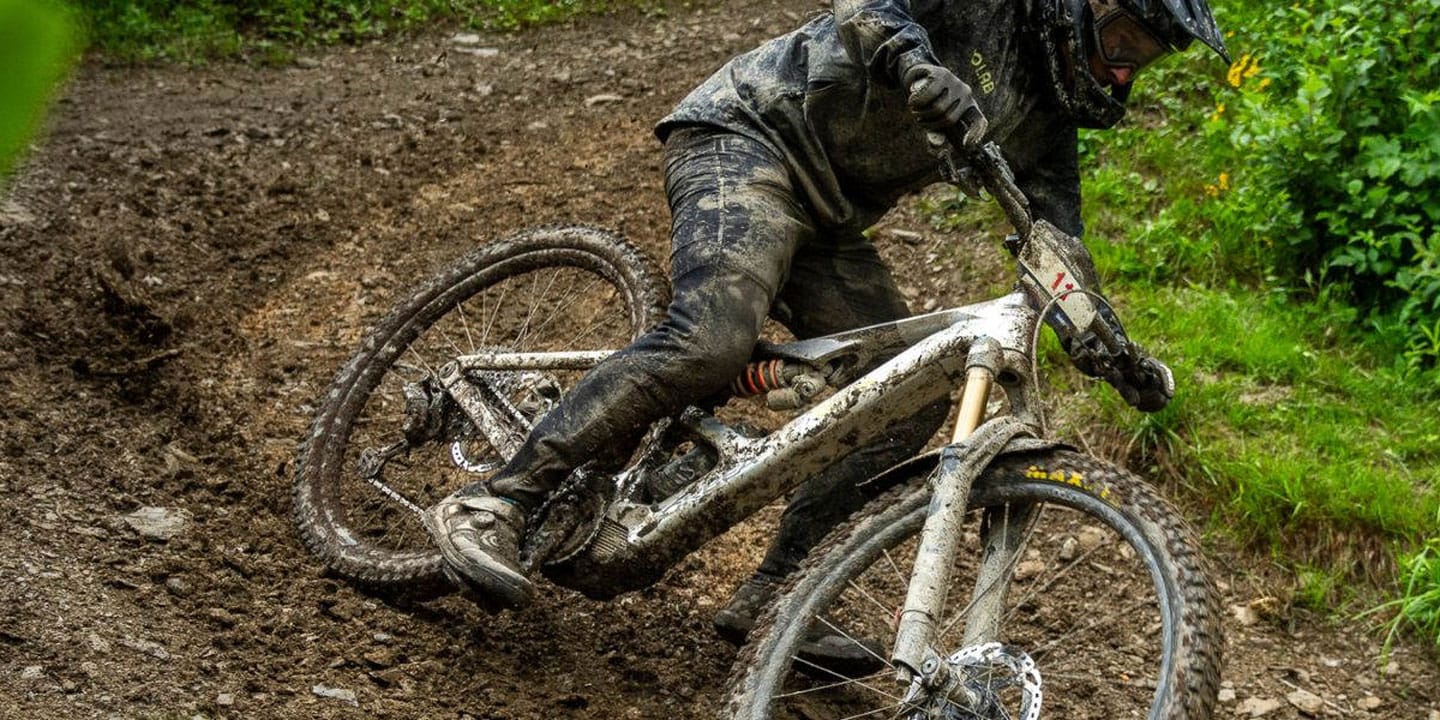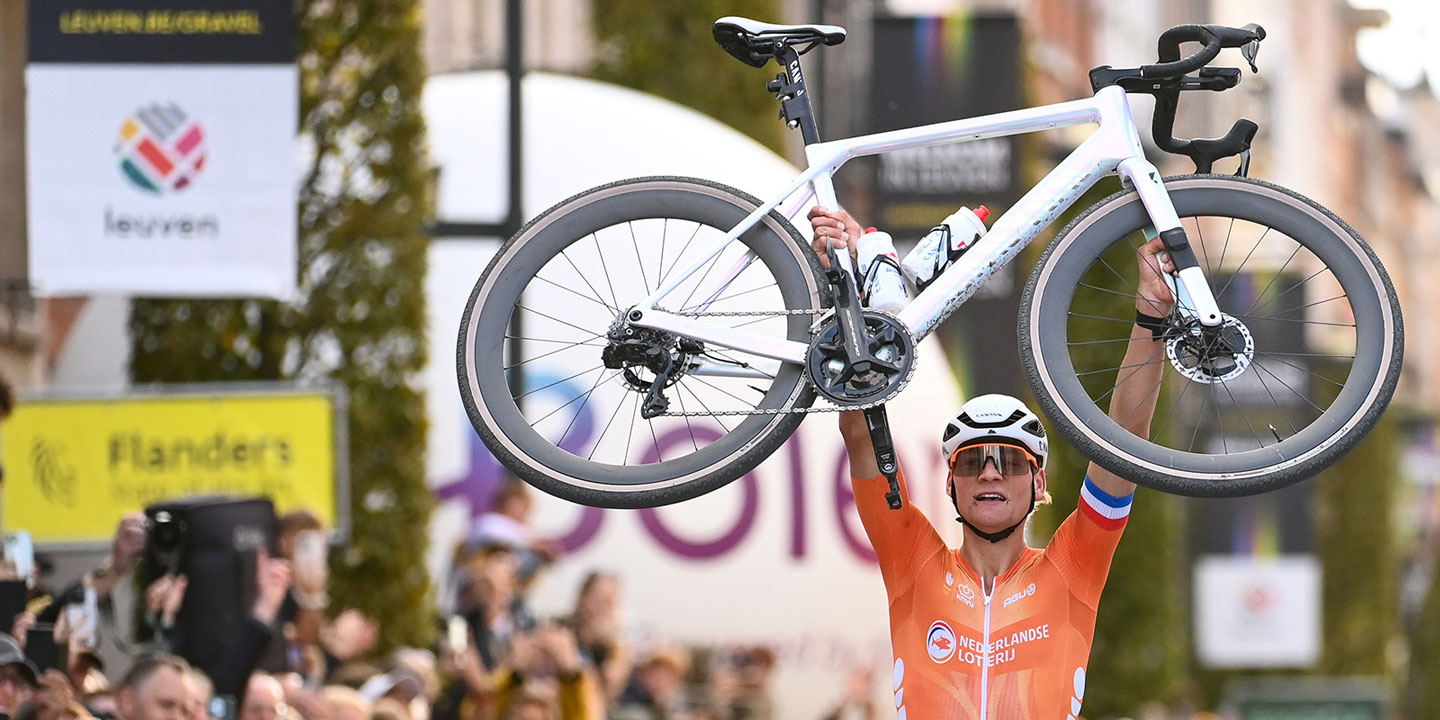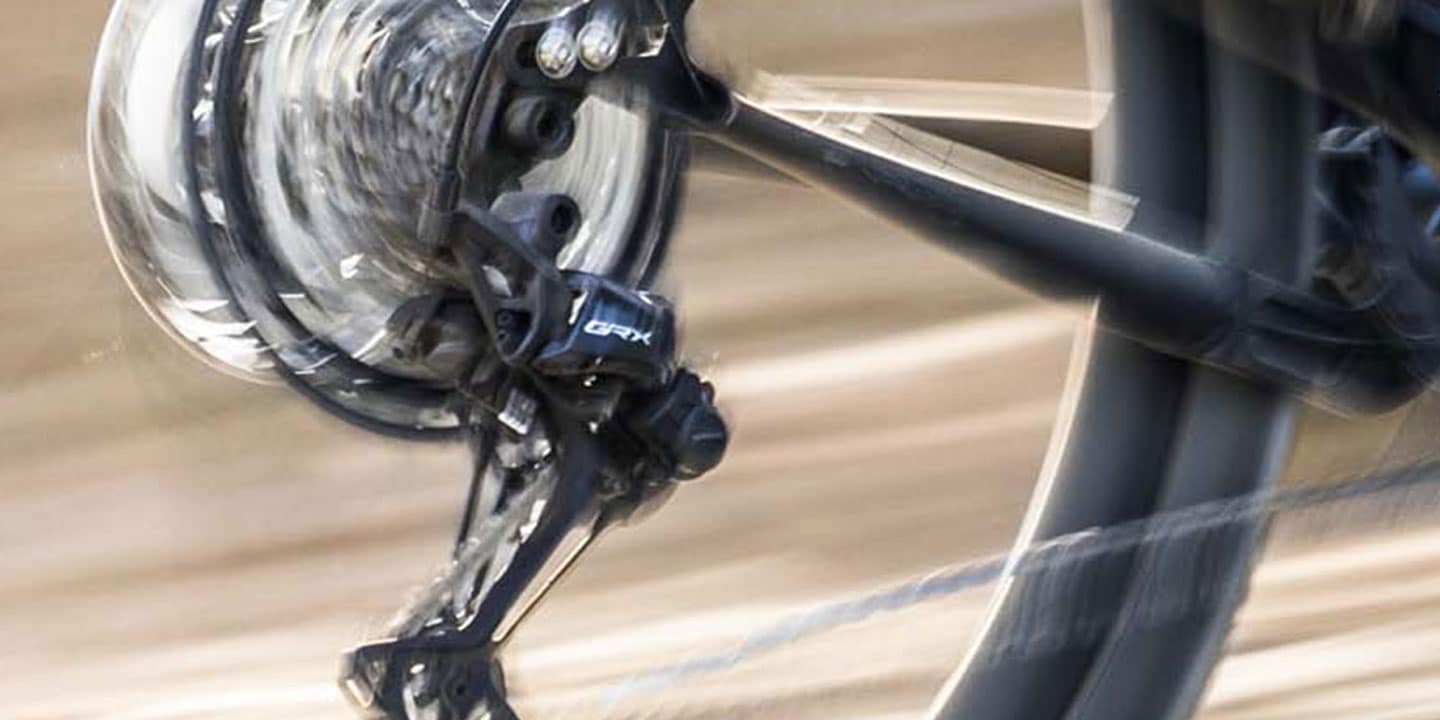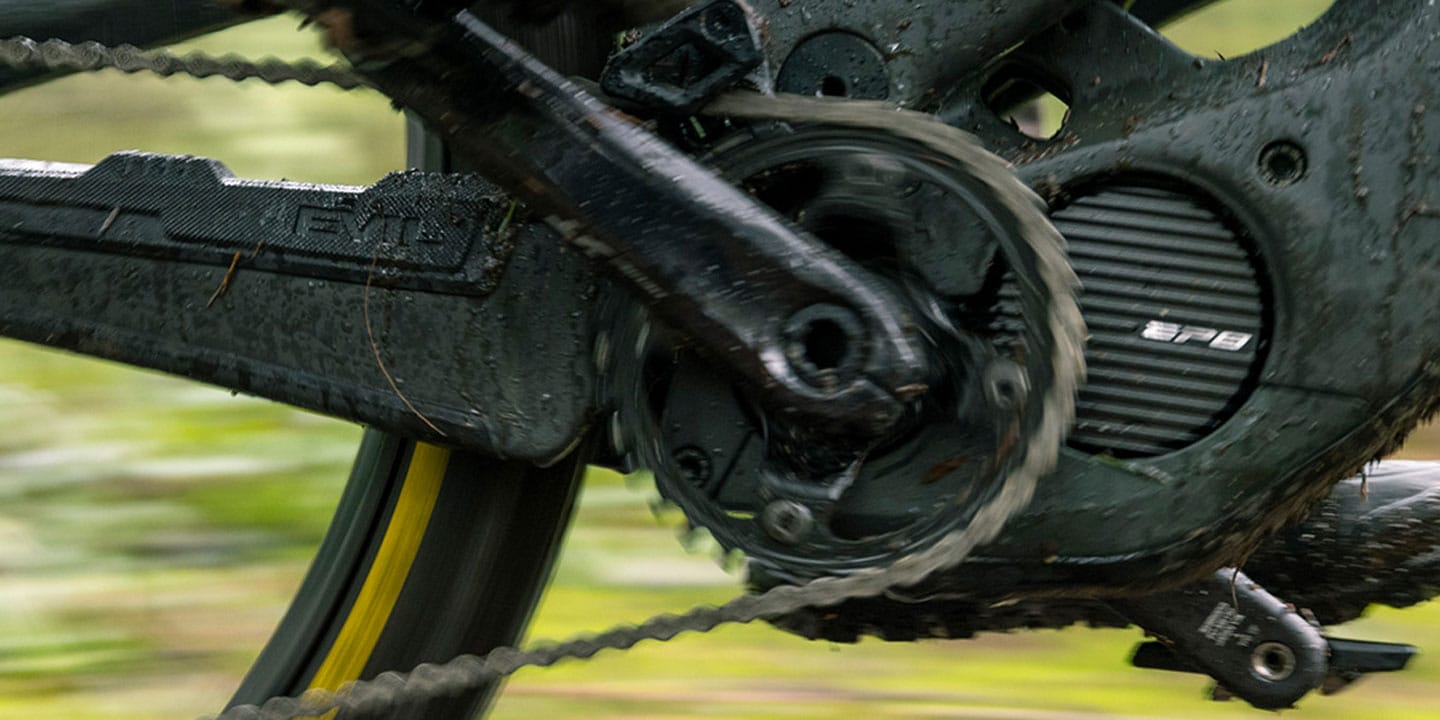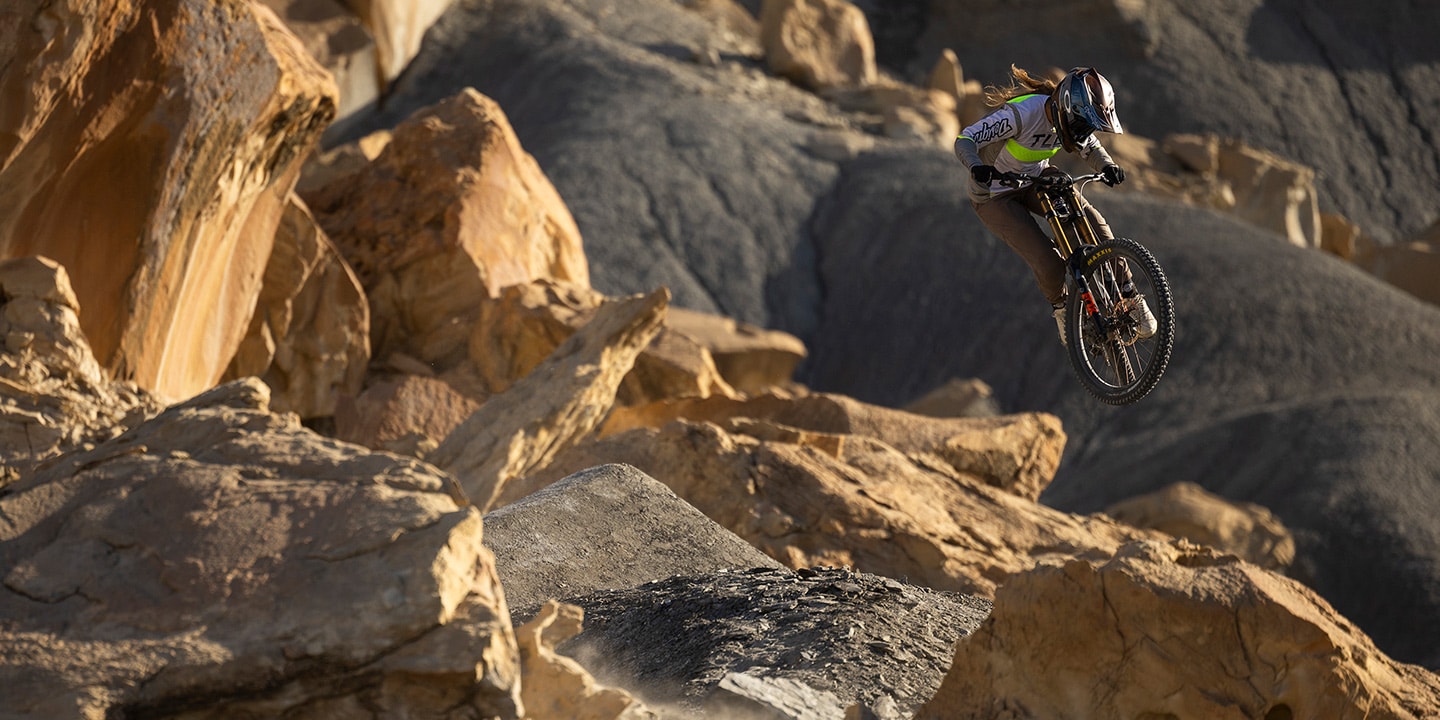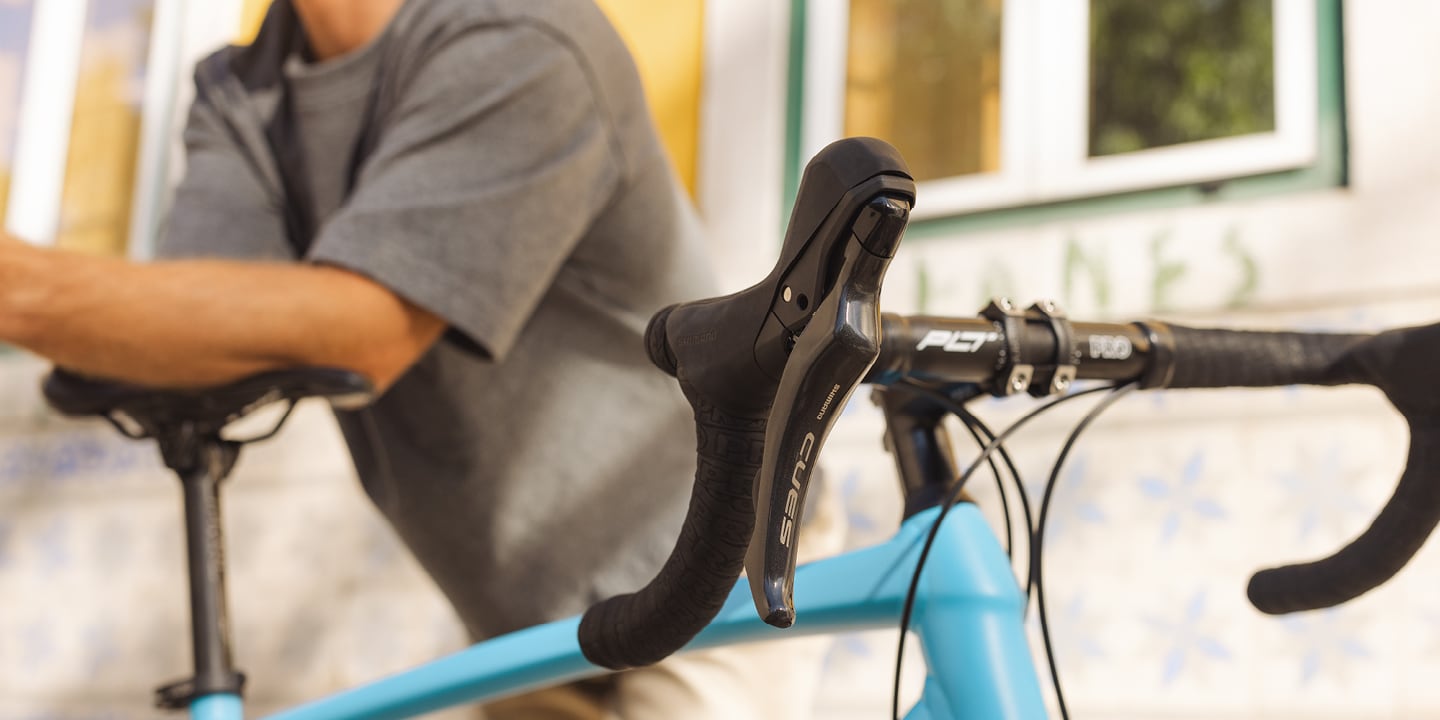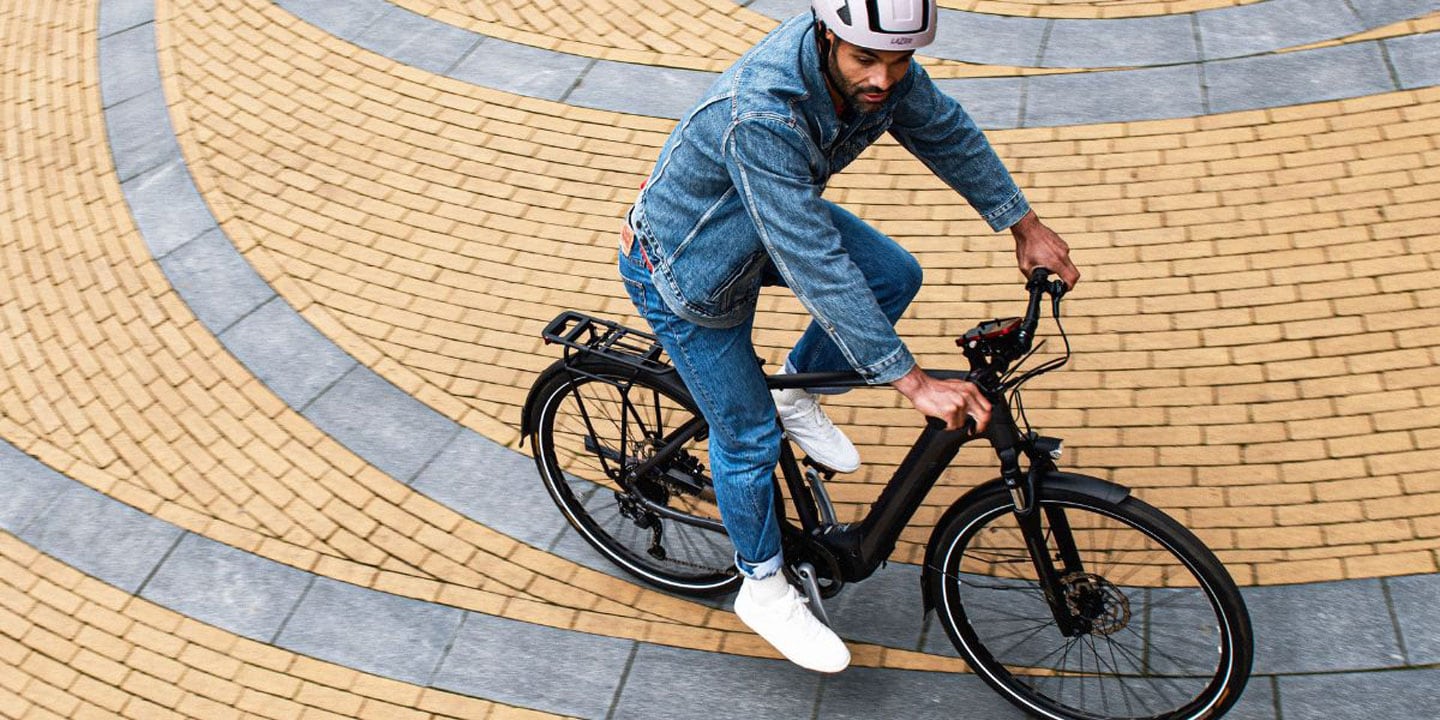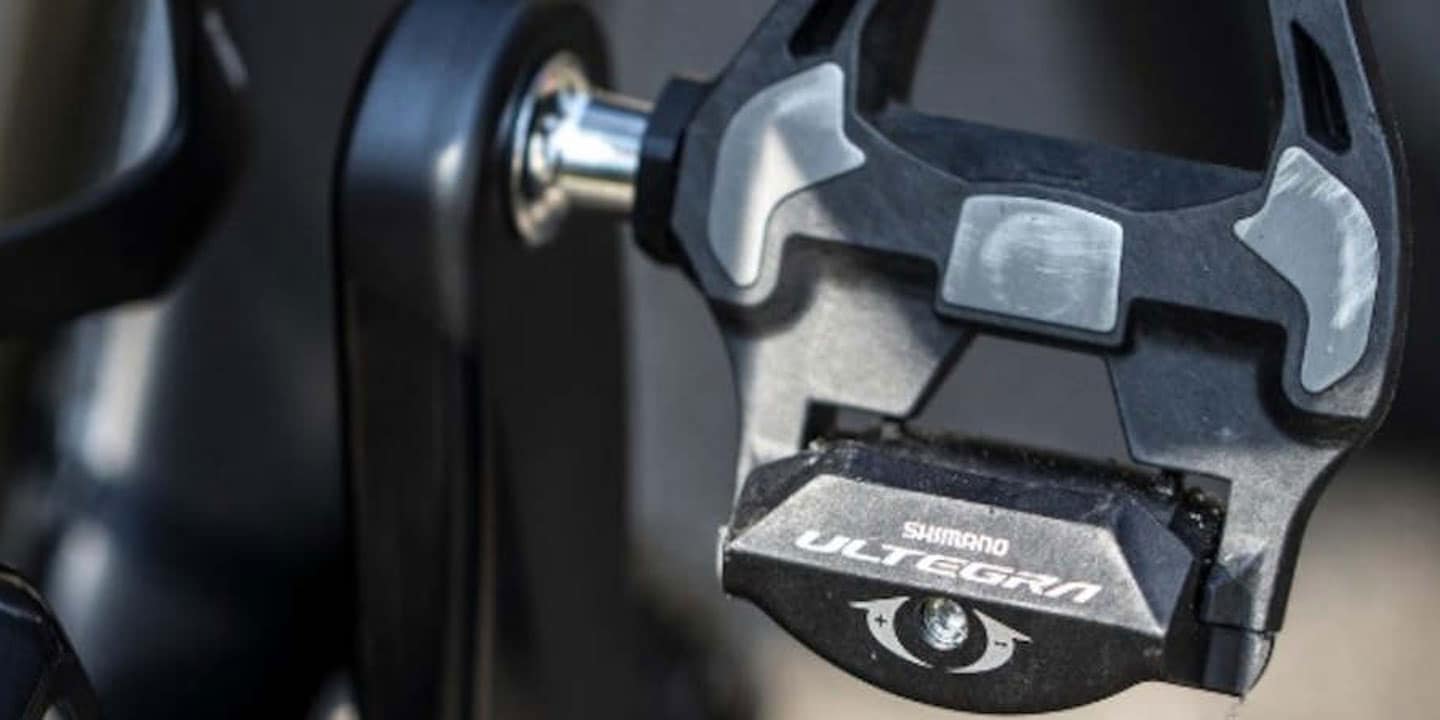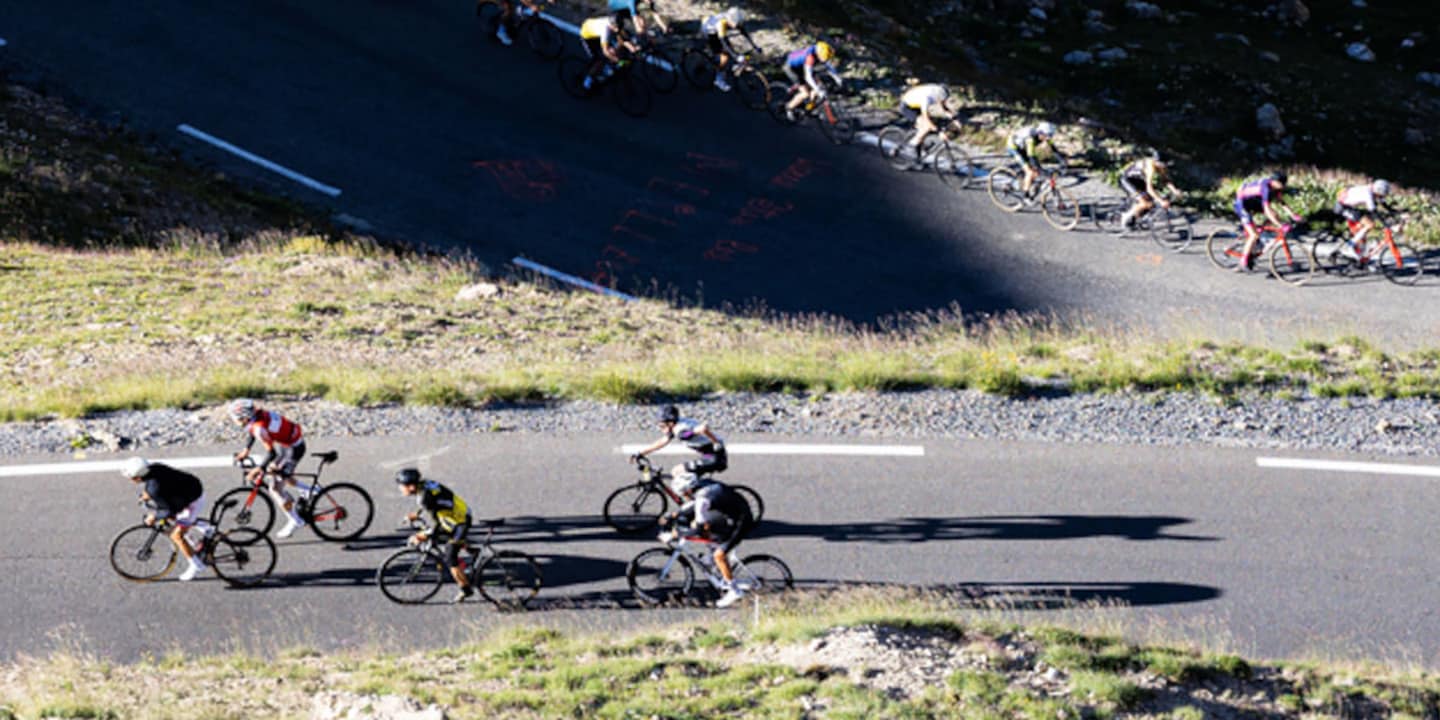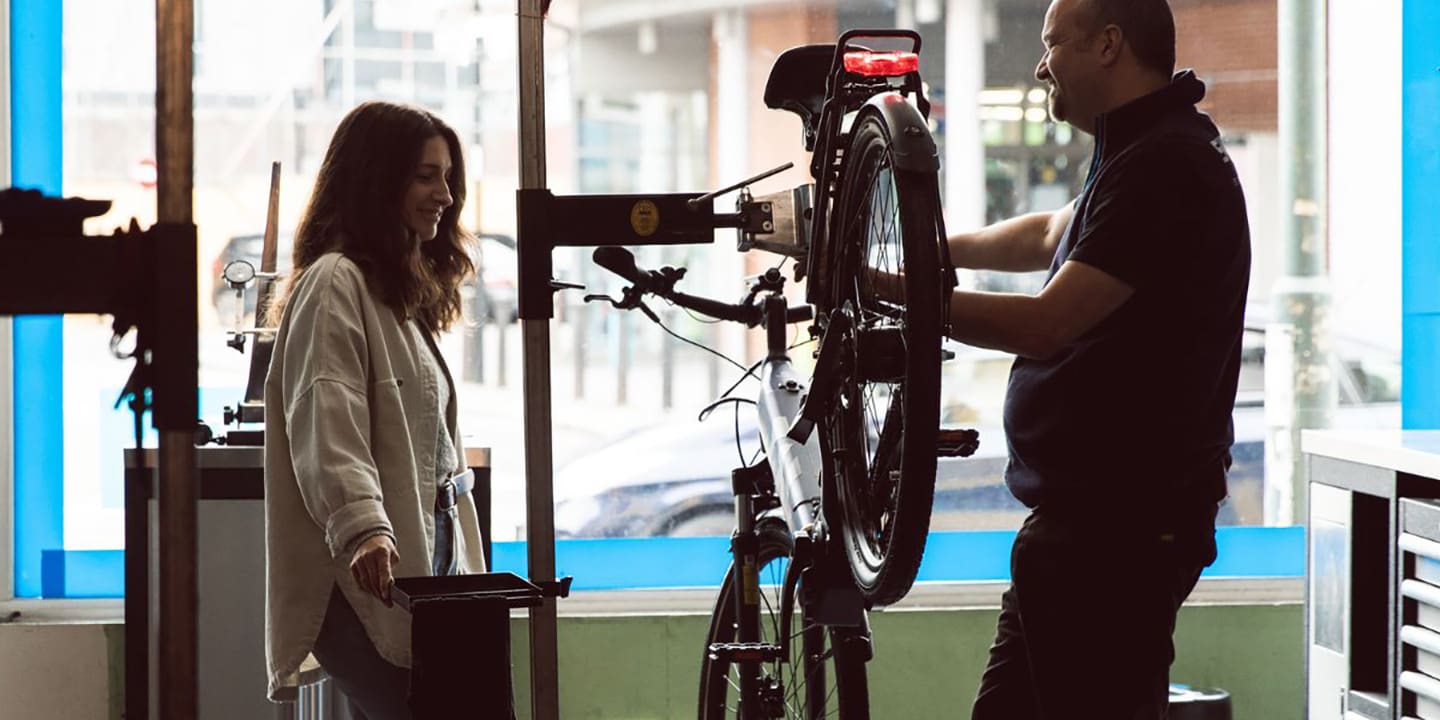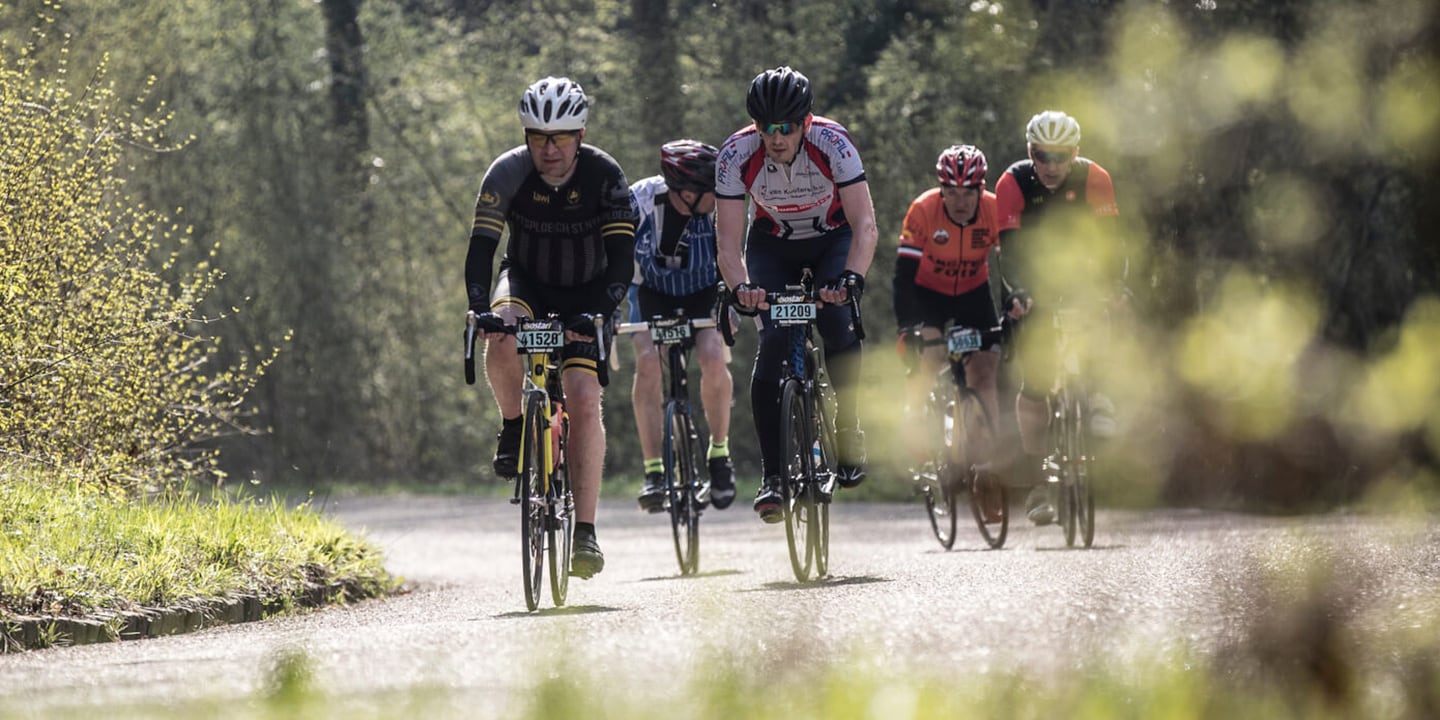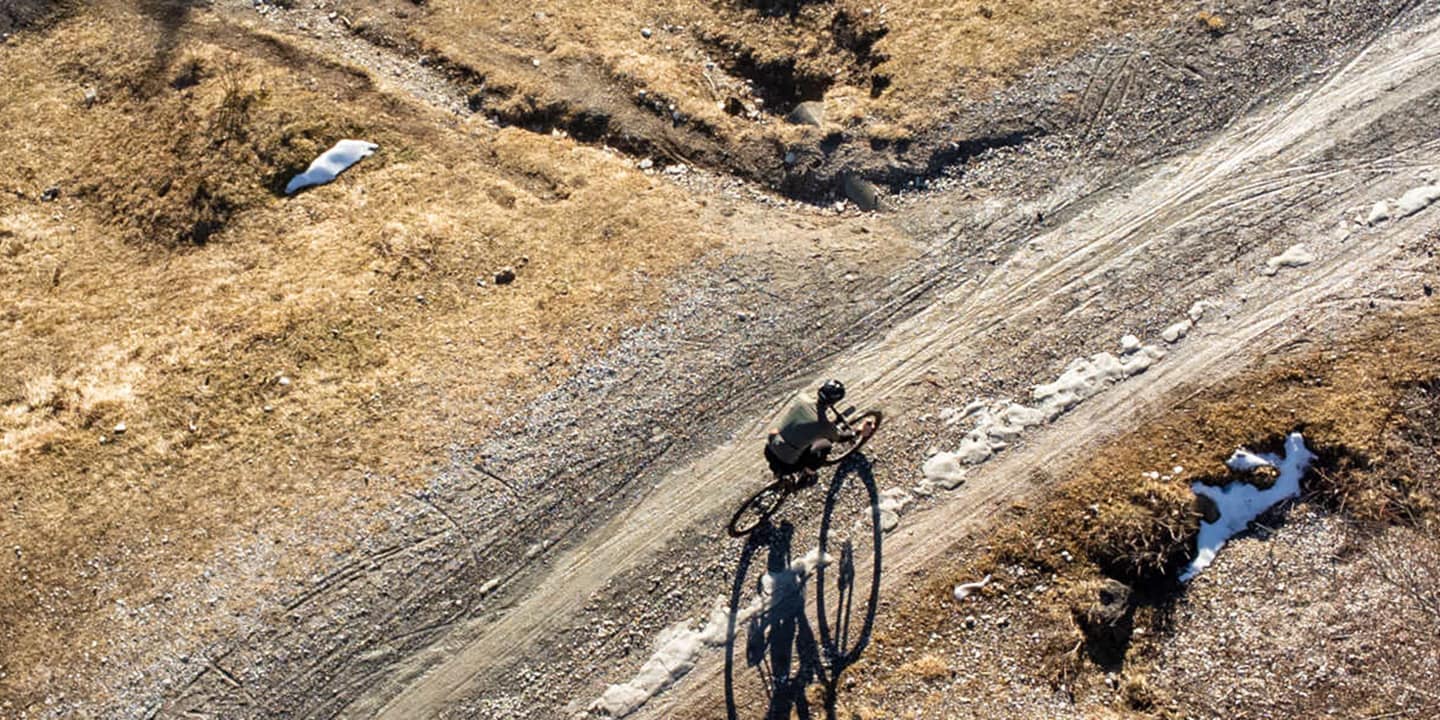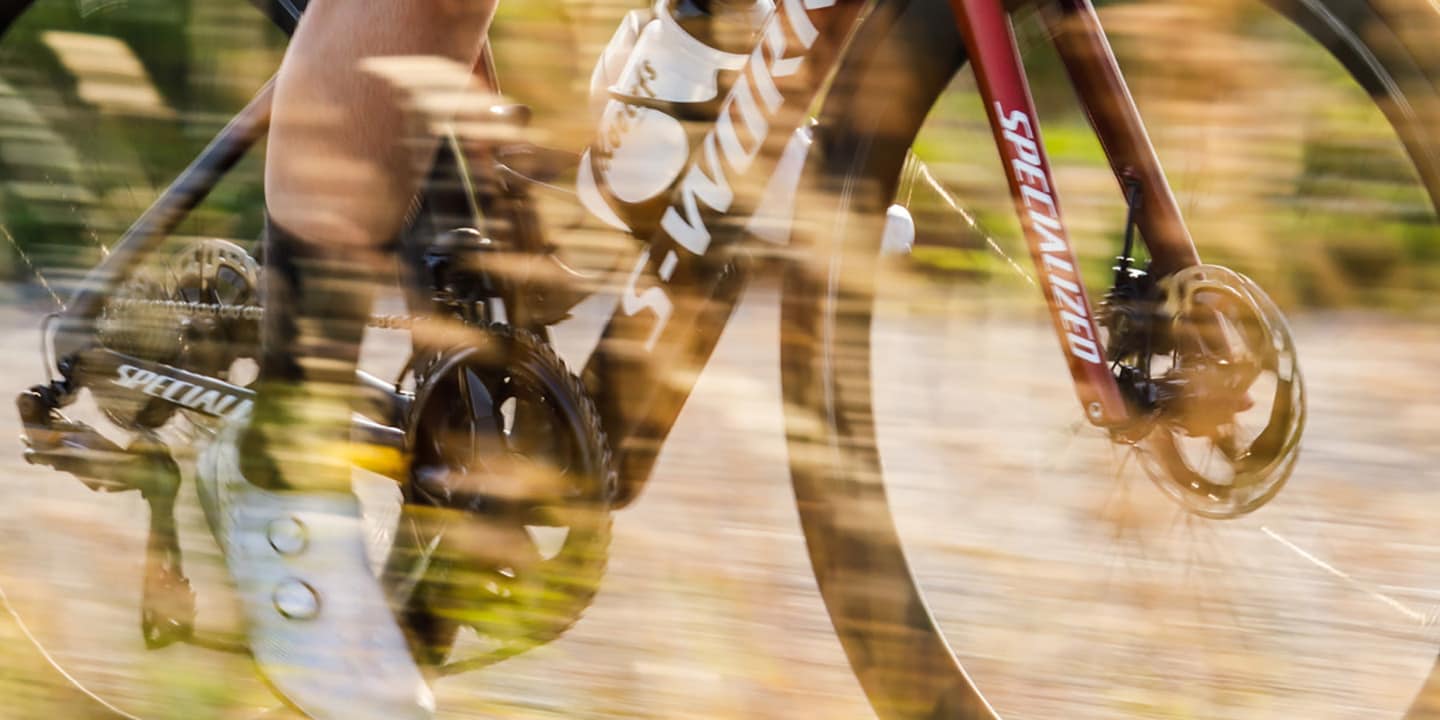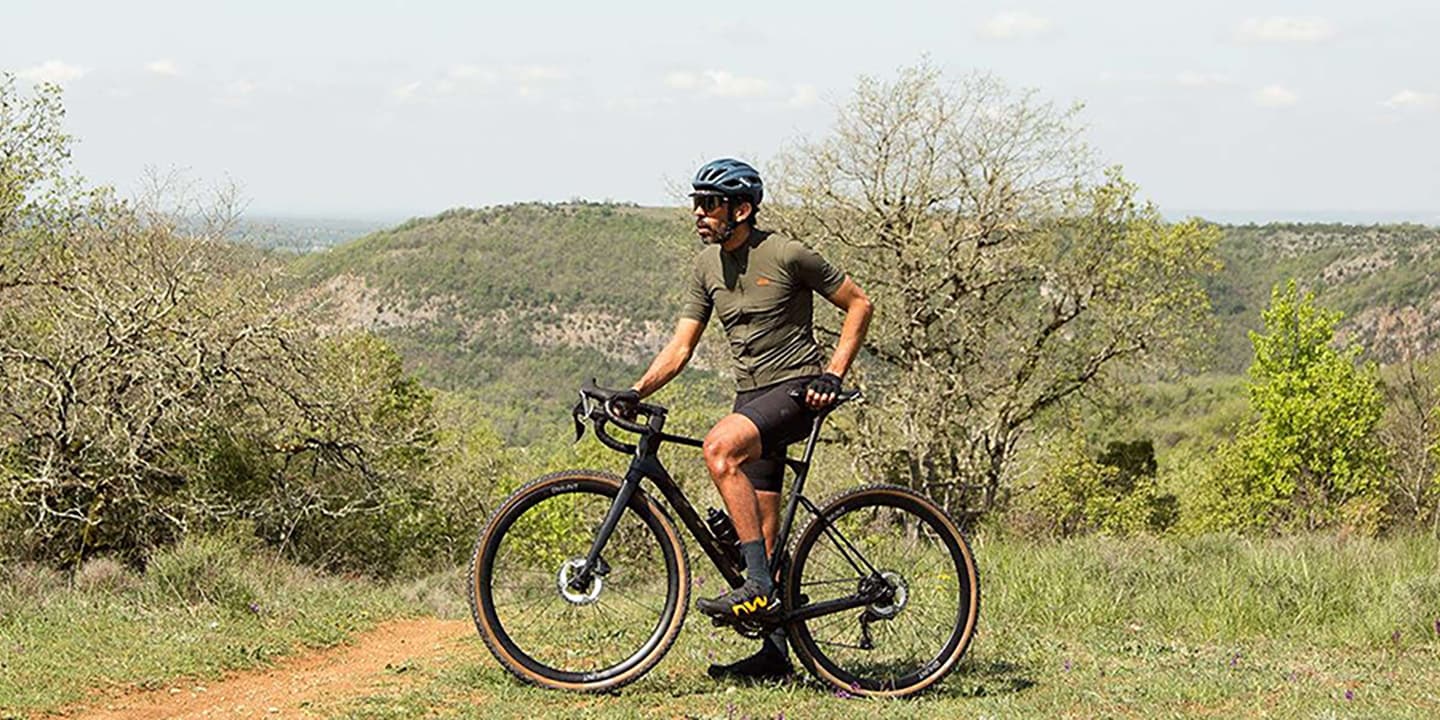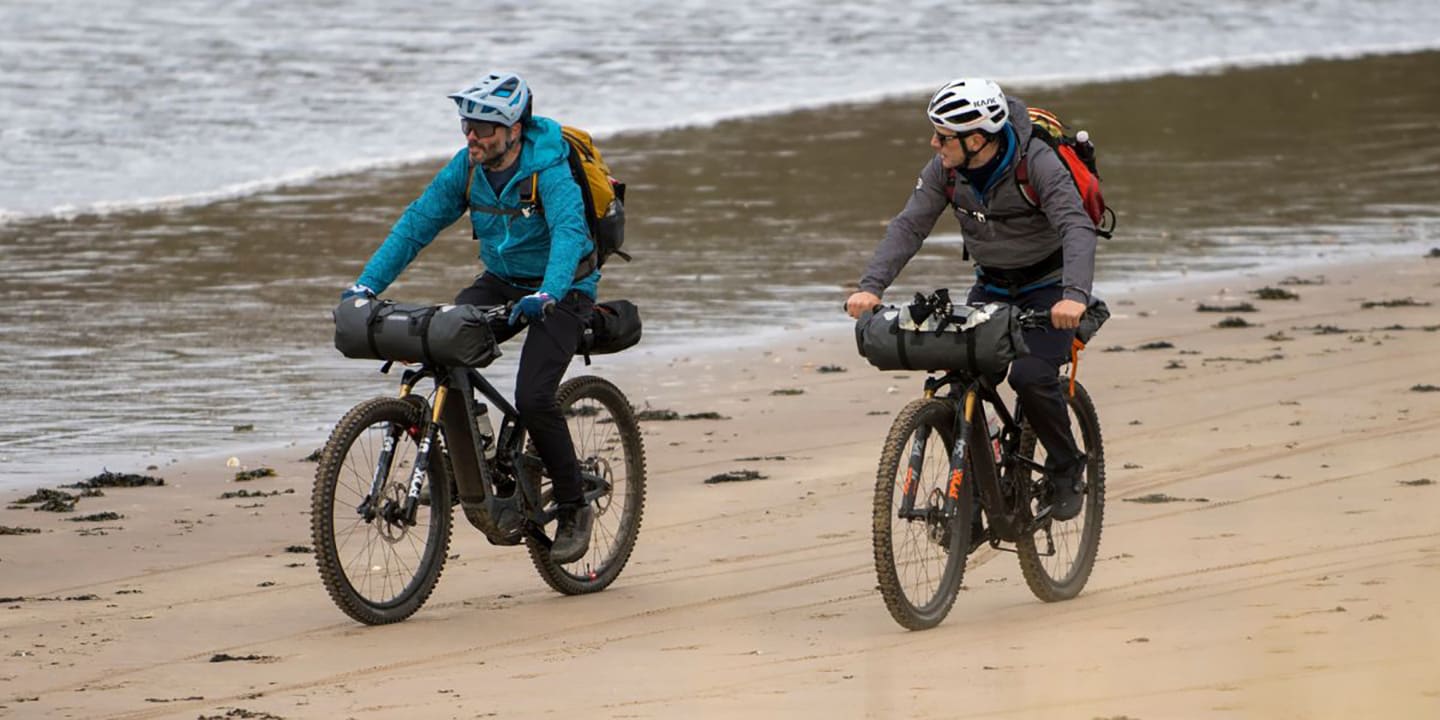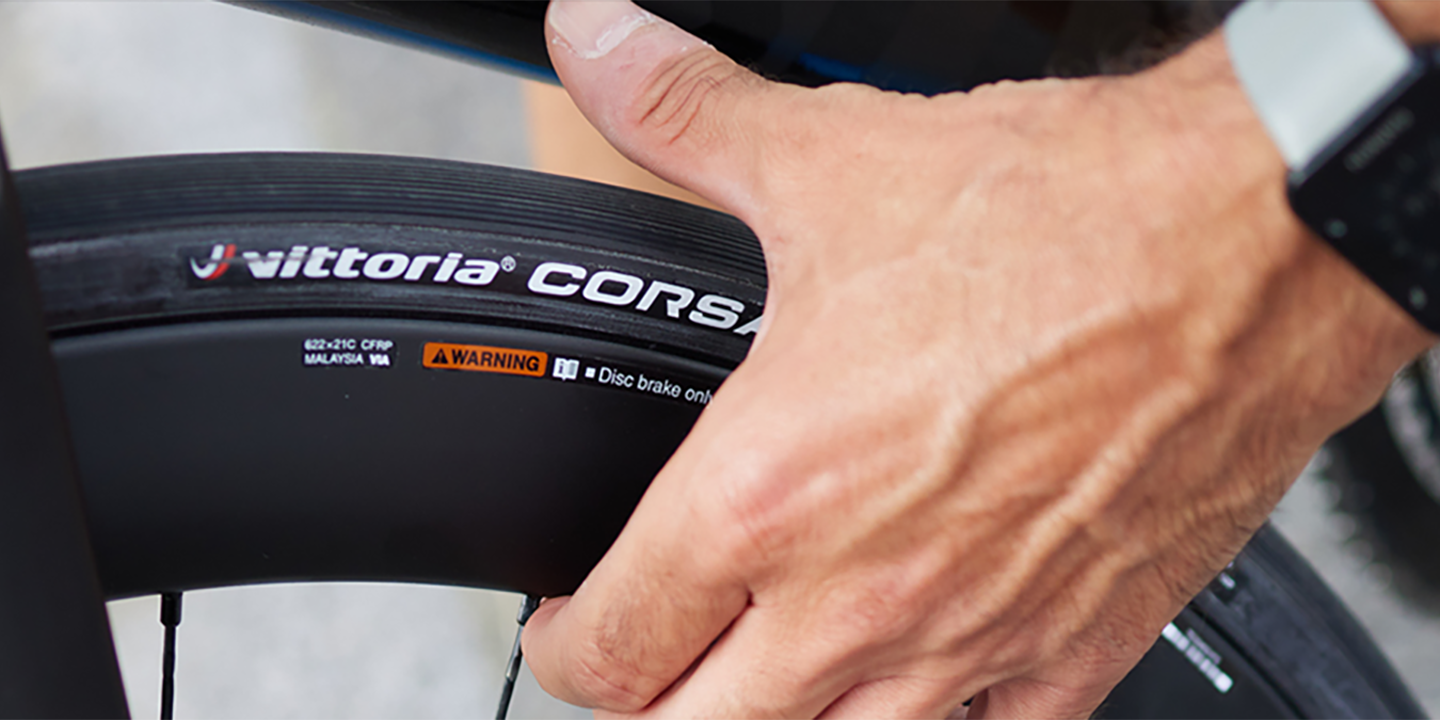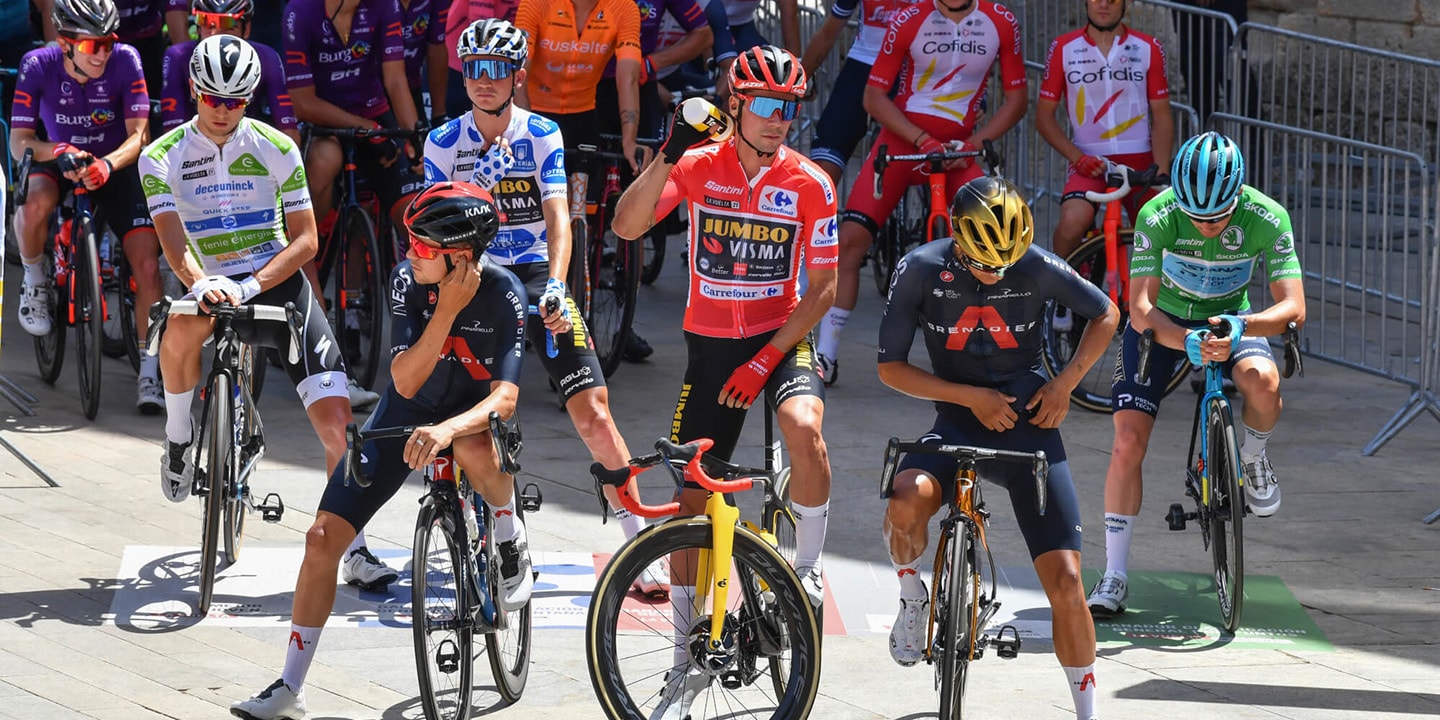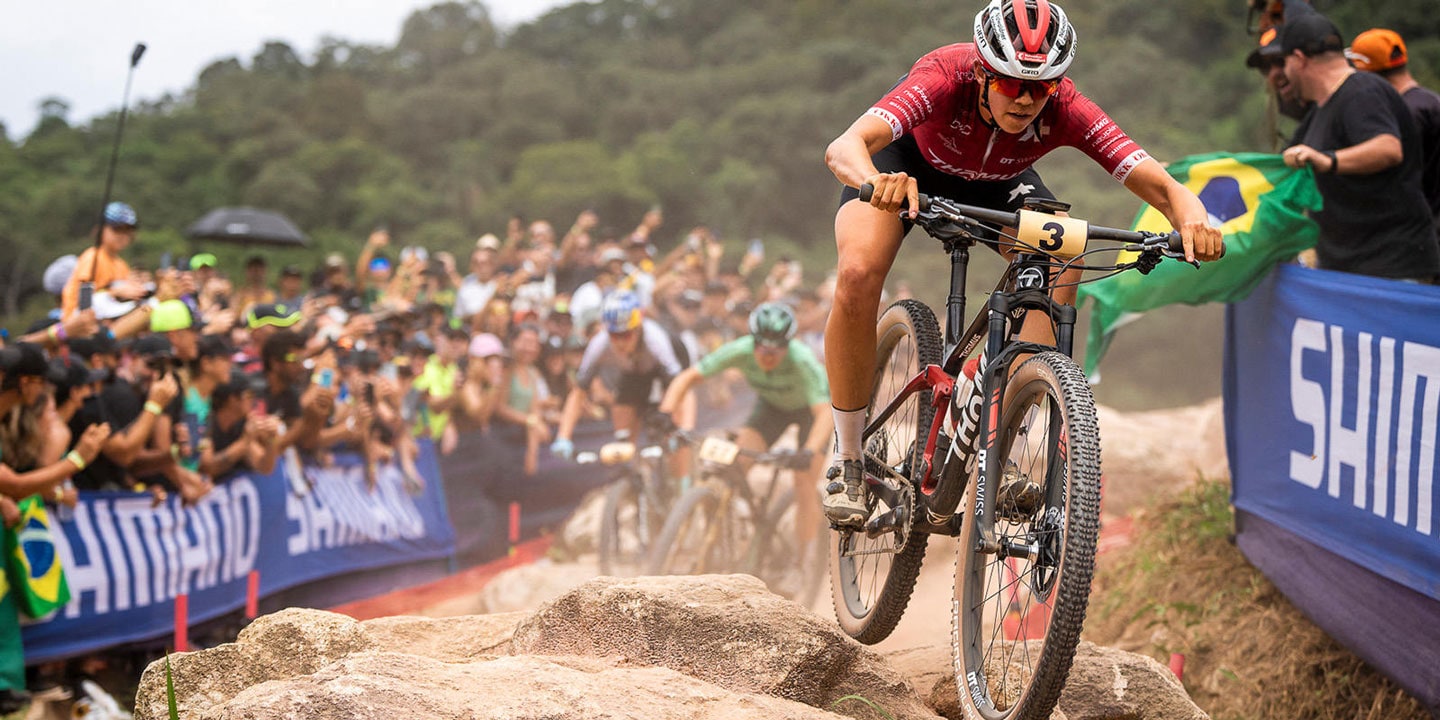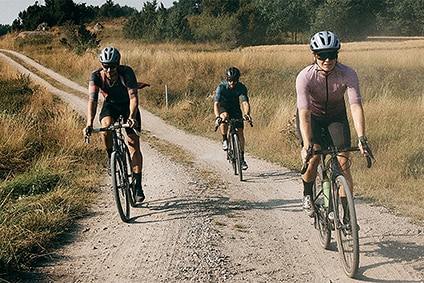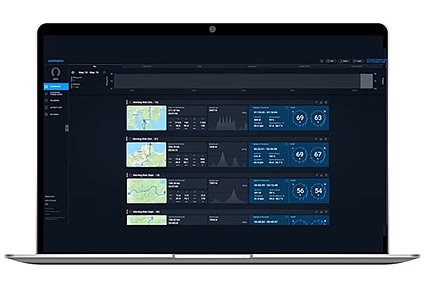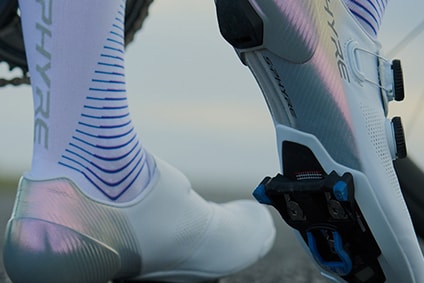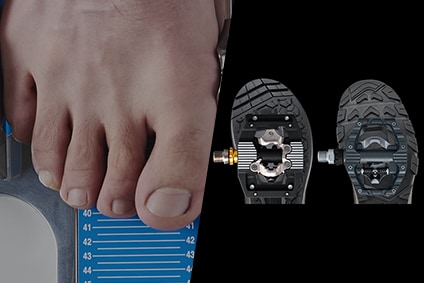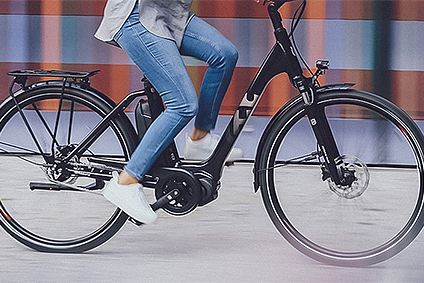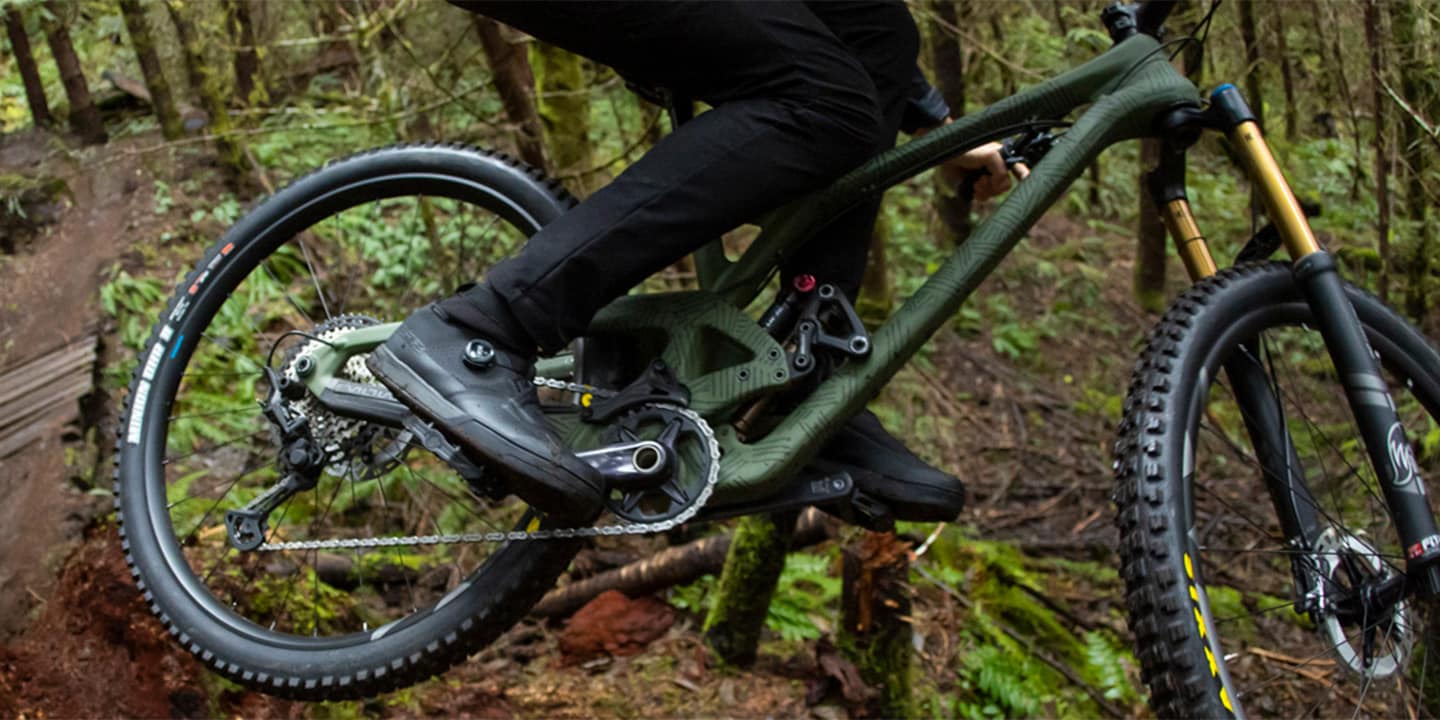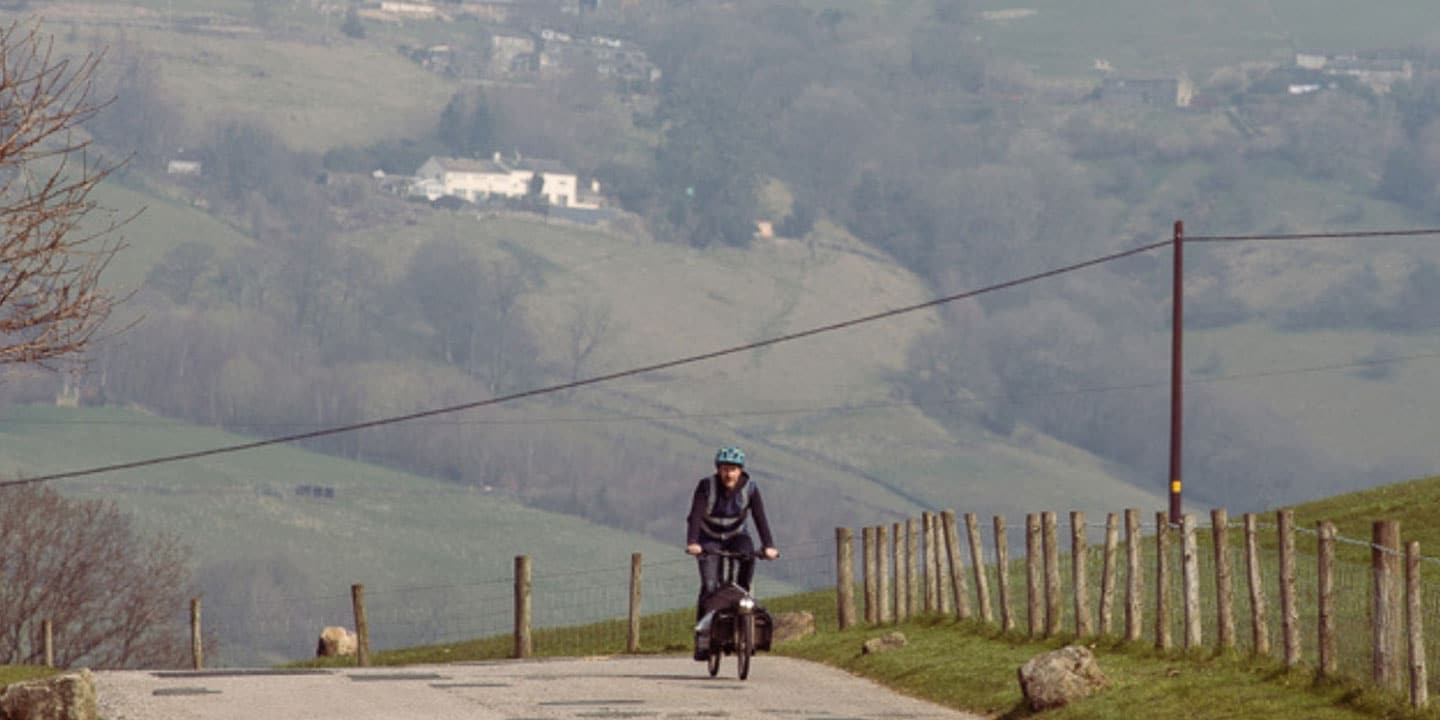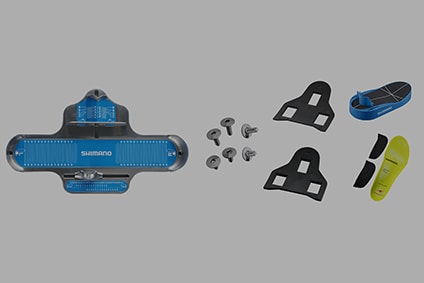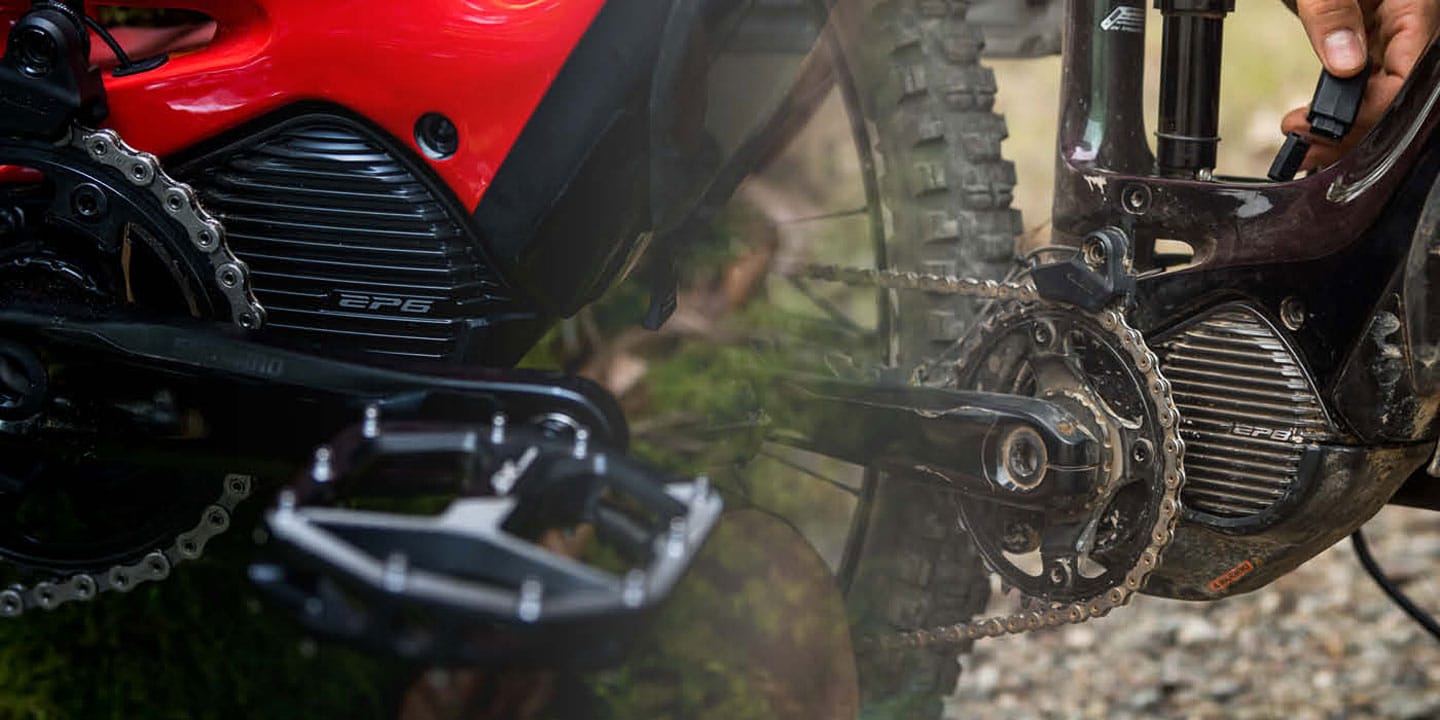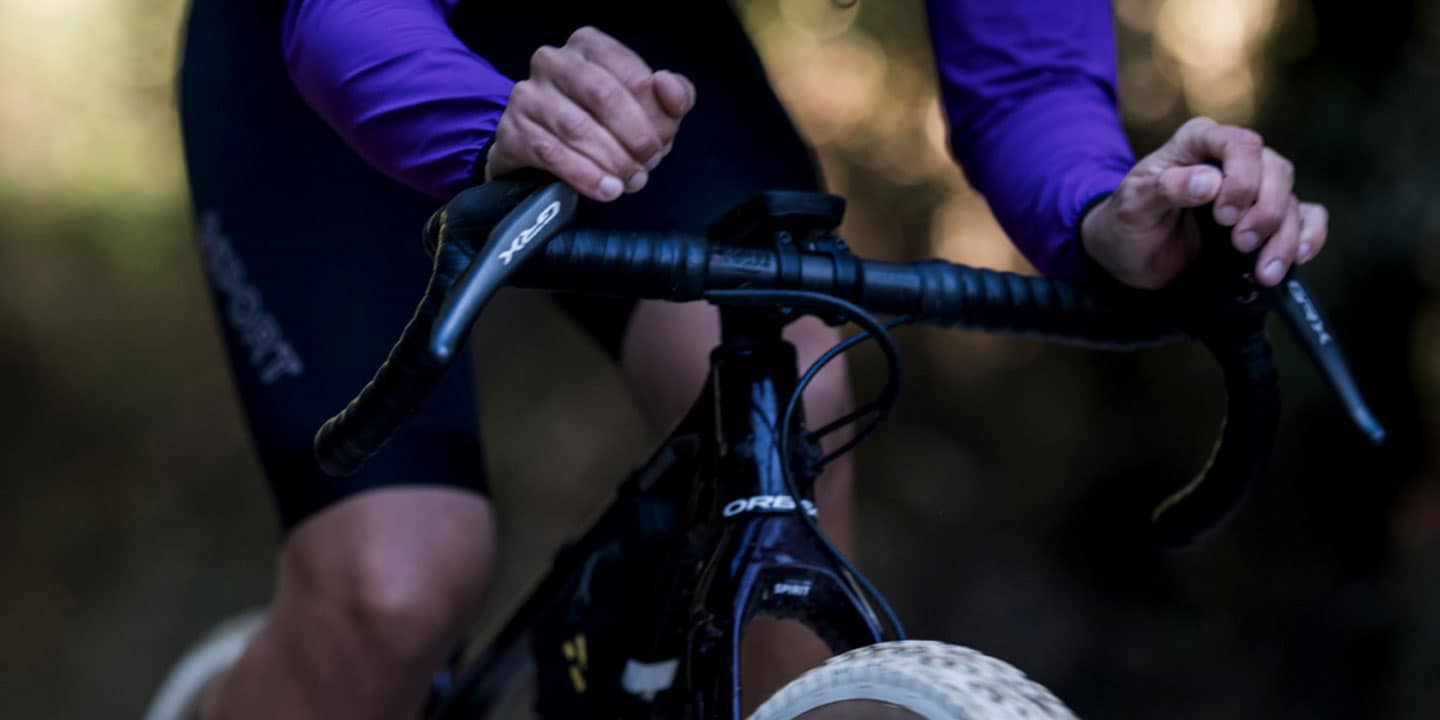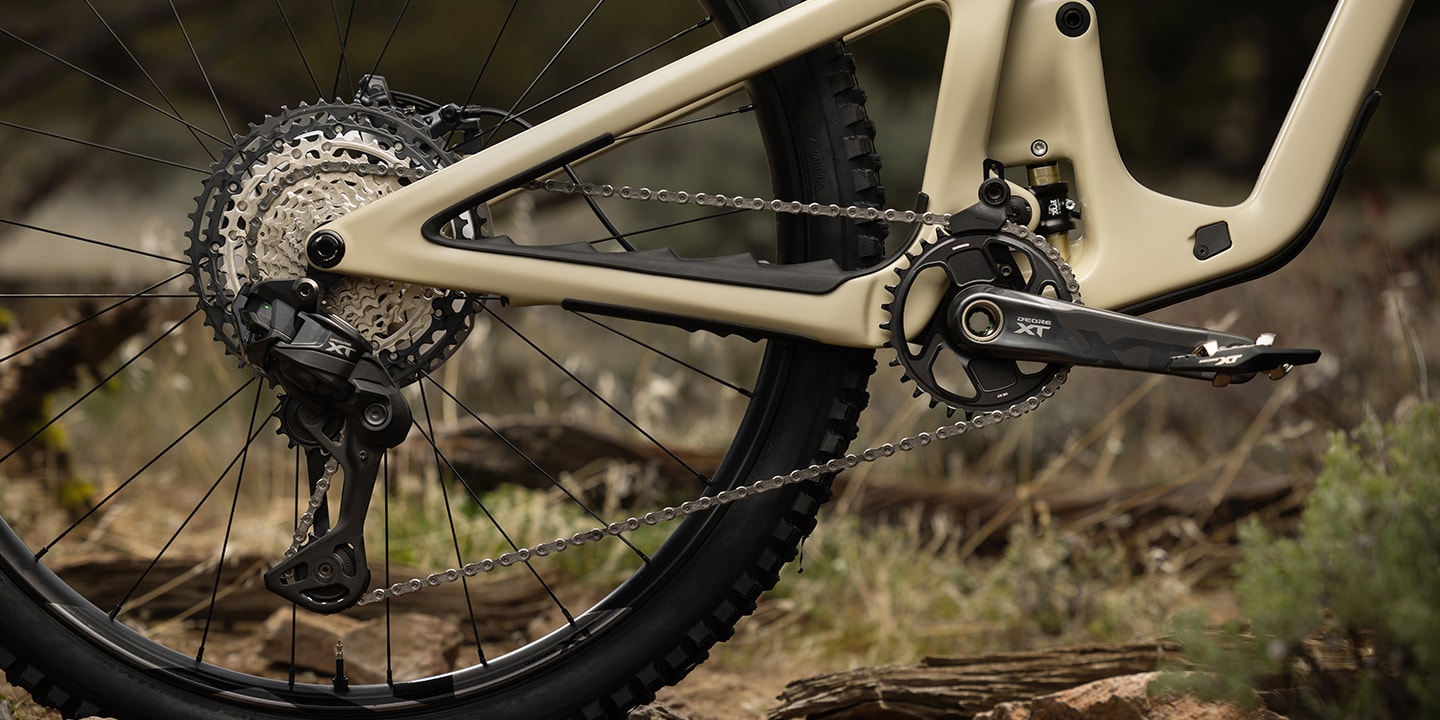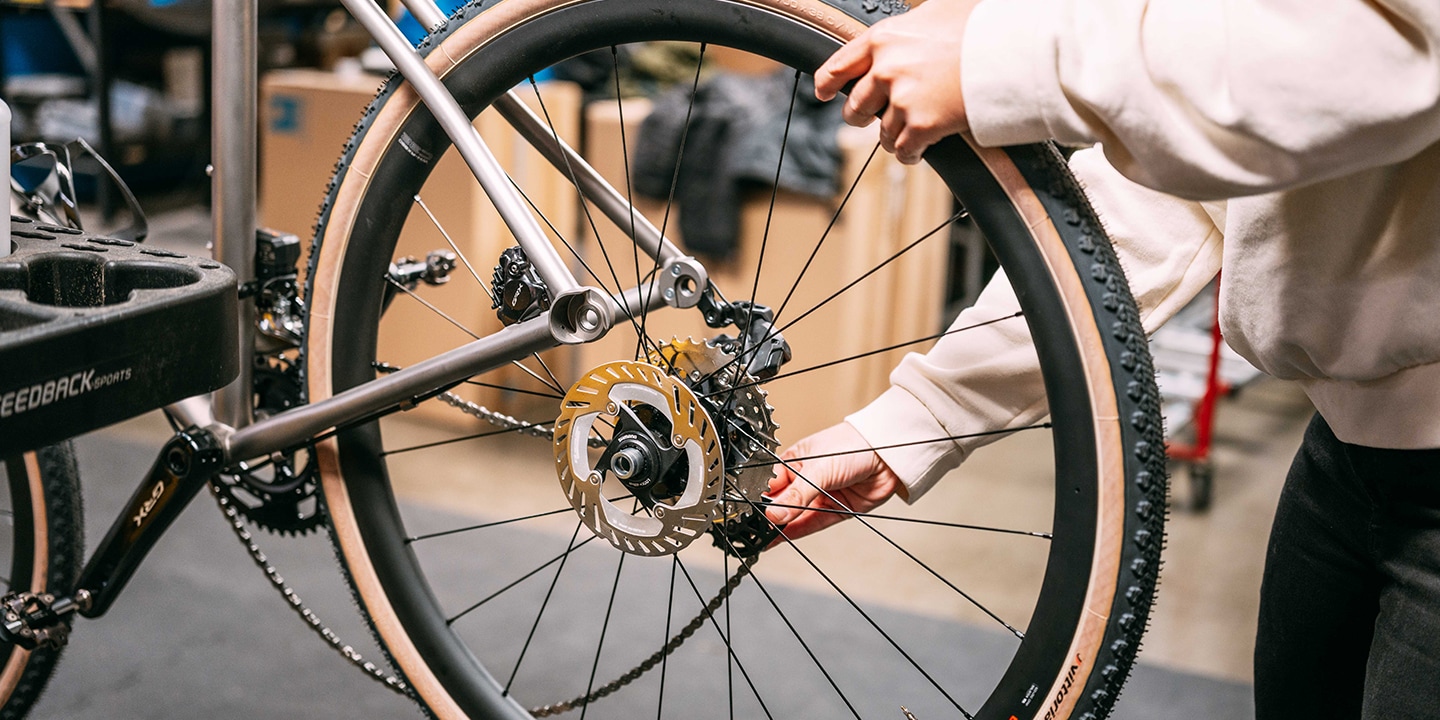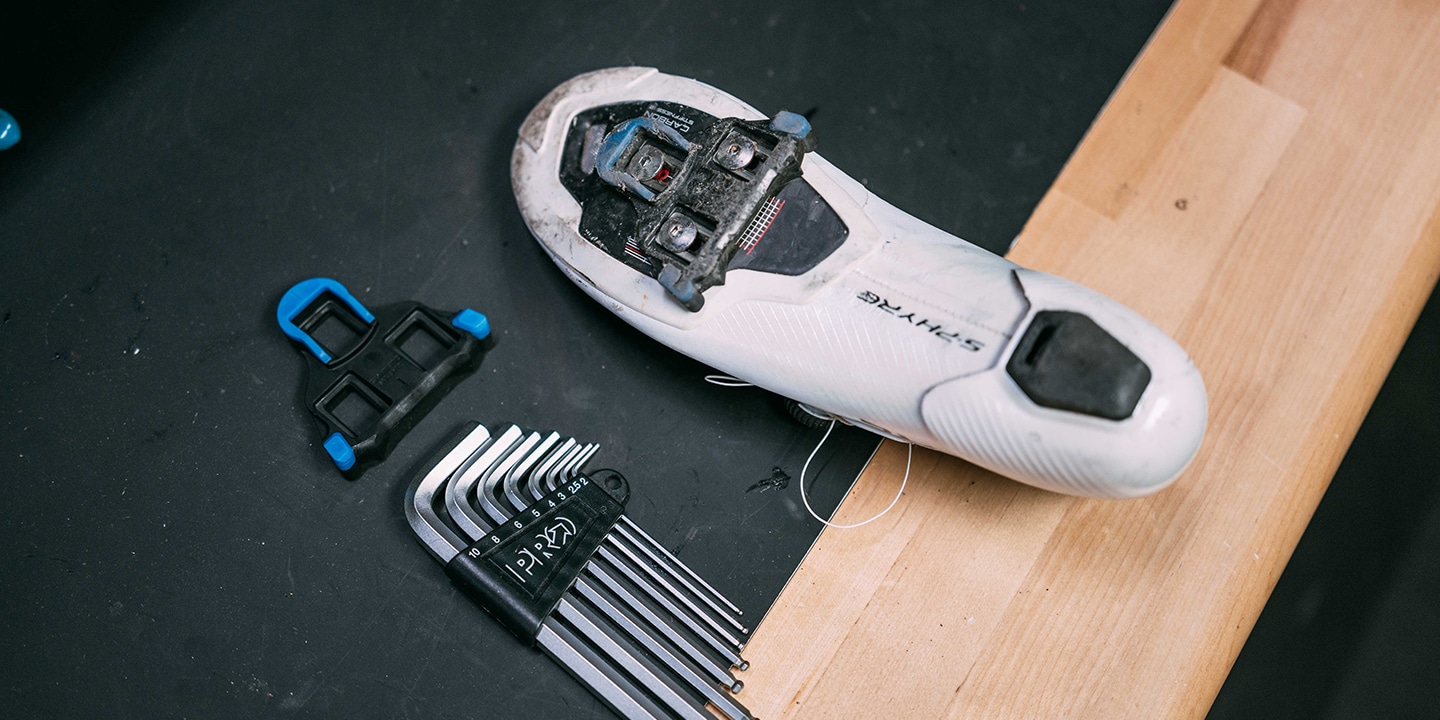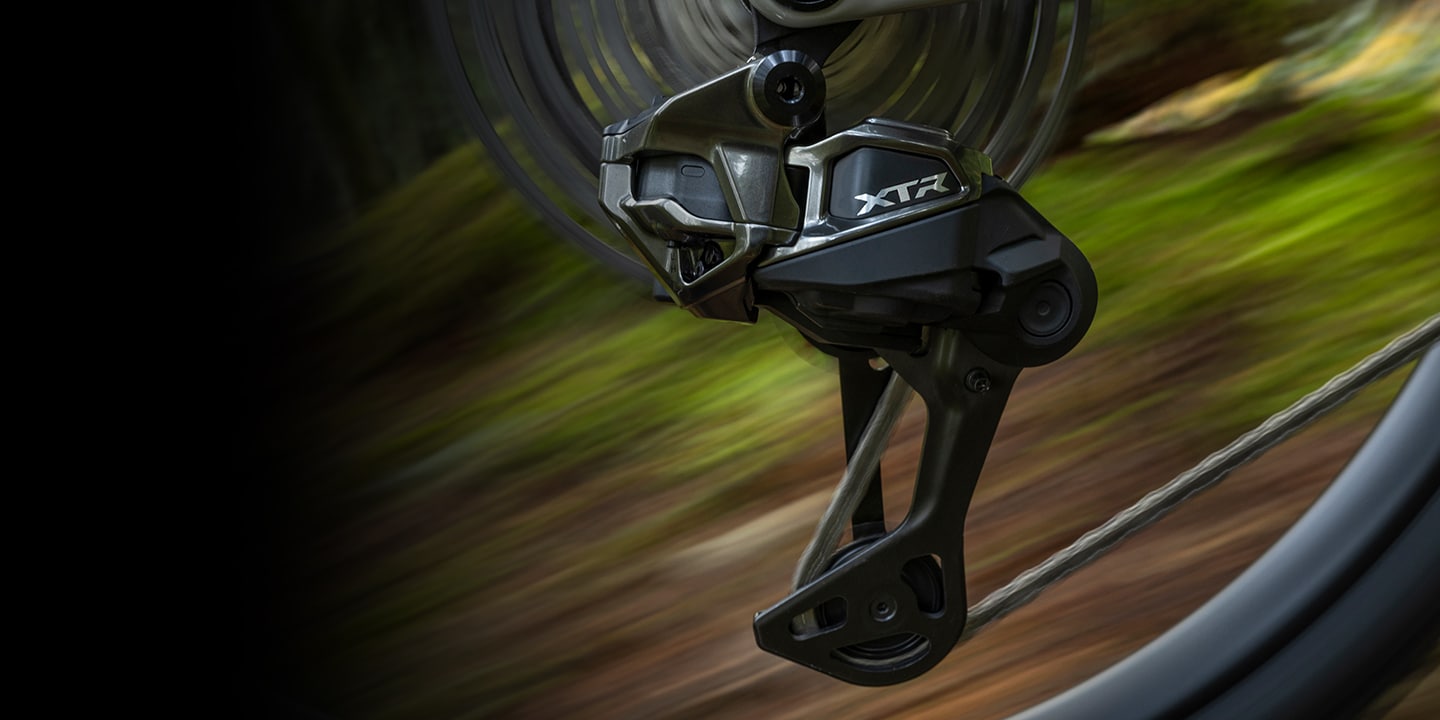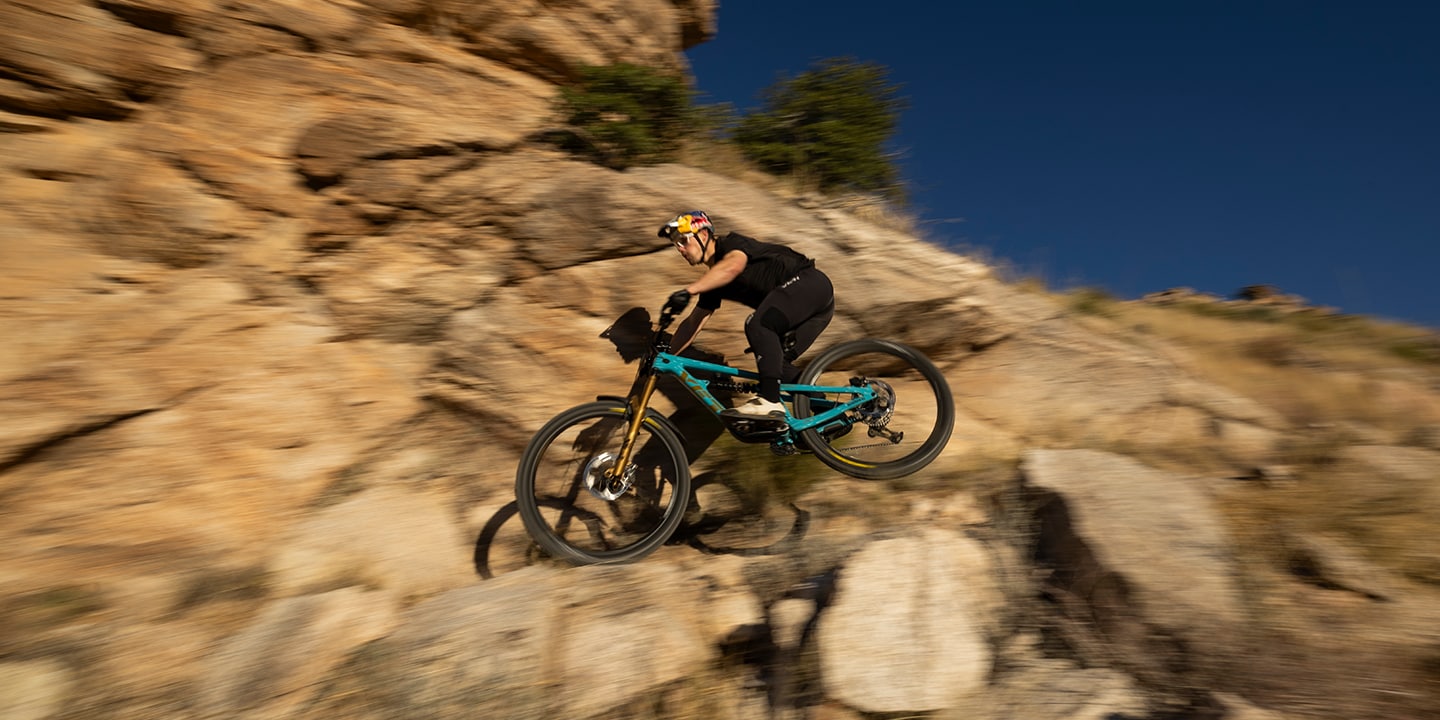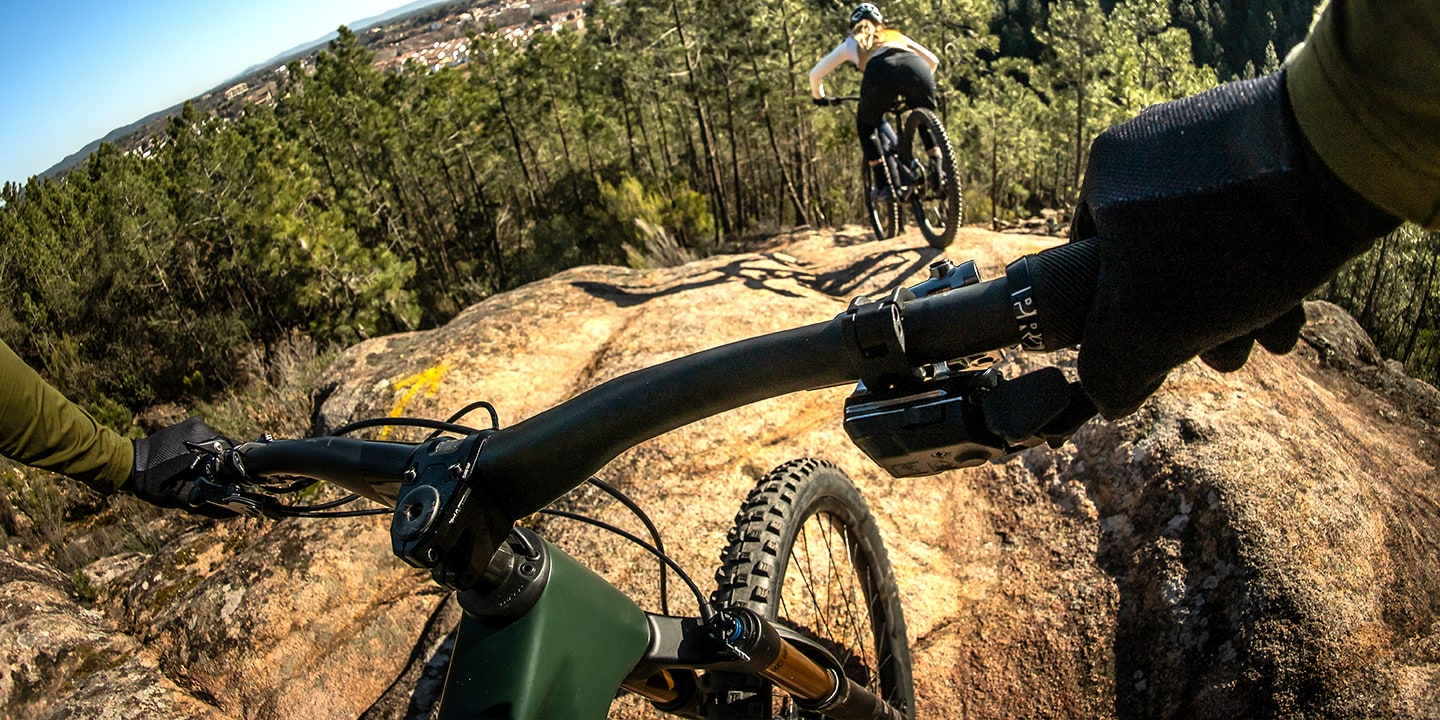-
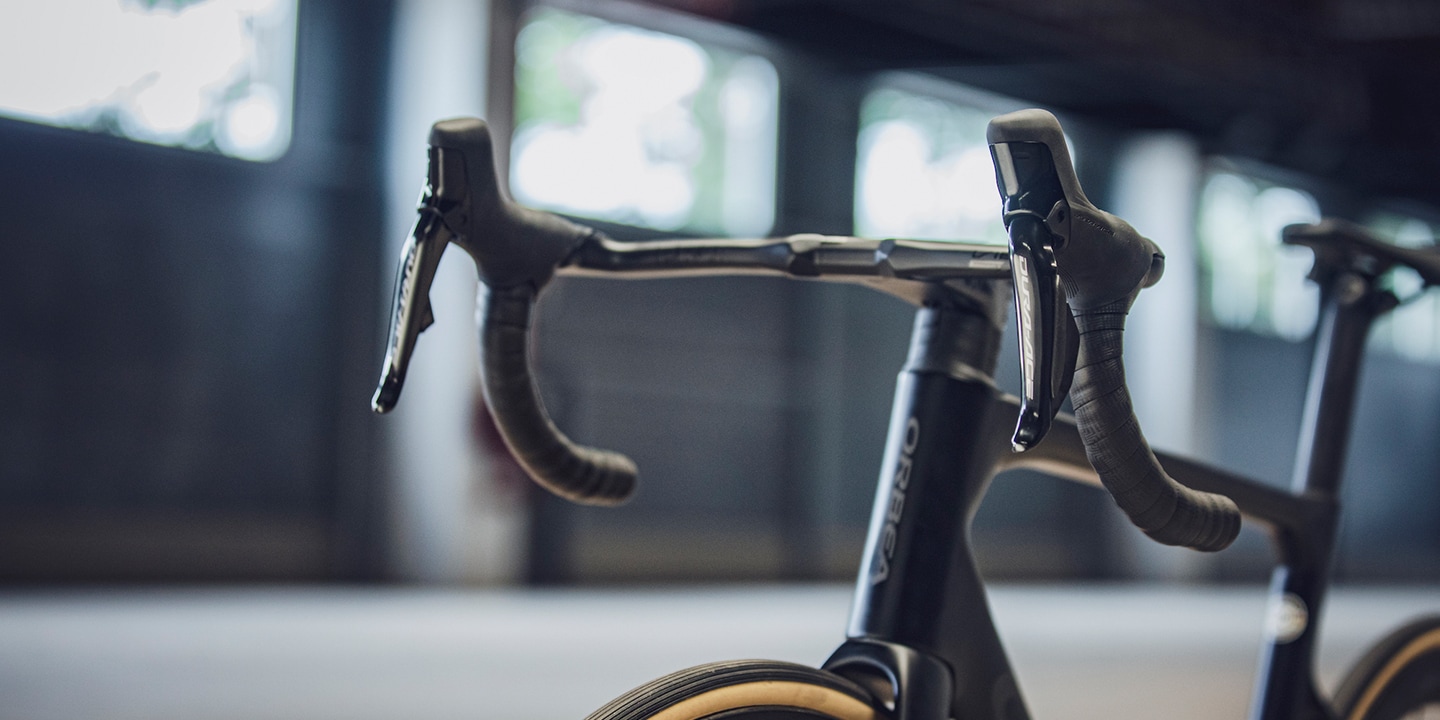
- A Guide to SHIMANO Shifting Technology
- Explore SHIMANO’s shifting technologies and how our system-engineered drivetrains deliver precise, reliable performance on every ride.
- 04/02/2026
SELECT LOCATION AND LANGUAGE
GLOBAL
AMERICAS
-
BELGIUM
FRANÇAIS
-
BELGIUM
NEDERLANDS
-
NETHERLANDS
NEDERLANDS
-
SWITZERLAND
DEUTSCH
-
SWITZERLAND
FRANÇAIS
-
SWITZERLAND
ITALIANO
-
AUSTRIA
DEUTSCH
-
FRANCE
FRANÇAIS
-
GERMANY
DEUTSCH
-
ITALY
ITALIANO
-
SPAIN
ESPAÑOL
-
PORTUGAL
PORTUGUÊS
-
POLAND
POLSKI
-
UNITED KINGDOM
ENGLISH
-
SWEDEN
SVENSKA
-
DENMARK
DANSK
-
NORWAY
NORSK
-
FINLAND
SUOMI
EUROPE
ASIA
OCEANIA
In an ever-more computerized world, we set out to break the mold by breathing new life into mechanical shifting to give you a gravel ally that works with next-level analog technology. Or three distinct allies, to be precise. For this piece, we asked none other than Laurens ten Dam for his insights.
Mechanical shifting has been the status quo for generations, enabling riders to enjoy the outdoors with low-fuss, efficient shifting you can rely on.
Even though we began the electronic revolution advancements we’ve made with our Di2 – think of its ultra-fast, buttery-smooth shifting, unrivalled performance, and popularity in the WorldTour – it’s up to us to keep our seminal mechanical system fresh. So that’s what we’ve been busy doing.
Rethinking the Gear
Somewhere in the middle part of 2023, we enlisted the former road racing professional Laurens ten Dam to race Further Scotland with a mechanical groupset. As a devout Di2 user, he was – to put it mildly – a little apprehensive.
But, if you ask our engineering team, his apprehension was unfounded. Here’s why:
a) one reason people have chosen mechanical for decades is its incredible reliance, and Laurens was about to line up for an ultra distance gravel race in which simplicity and serviceability would be key;
b) with many of today’s gravel riders choosing to ride mechanical, Laurens would be in good company;
c) after so many years of electronics, he was clearly due a reintroduction to the desirability and next-level performance of the new GRX mechanical.
Here’s what’s interesting: thanks to Laurens’ hesitation, we’re even having this conversation that may seem out-of-place in the technological race of cycling.
He laughs: “I was skeptical, you’re right. I was so used to Di2 that it felt like a step back, naturally making you wonder. Then, there was a surprise when we built my bike with the RX820 1x12 UNSTOPPABLE, followed by massive happiness as soon as I rode it.”
He takes us back to the most remote train station in the United Kingdom. It’s the night before the inaugural Further Scotland, a self-supported 700 km multi-surface ride with 9,000 meters of elevation. It’s October, and the wind is howling as he bivvies down for the night, somewhat apprehensively.
He’s about to begin what’s best described as an ‘adventure’.
One that he will later go on to win with GRX mechanical – despite a major electronic fail.|
But more on that later.
Putting all riders first
The egalitarianism of gravel is where we focused our minds when upgrading our GRX mechanical 12-speed: one with shorter shift throws for faster, easier shifting, more gearing options and changeable derailleur cages for customization, and that all-important super high gear range for when you need it. All the characteristics that are appreciated when you’re looking for adventure without limitation. Remember that it shouldn’t be your gear functionality and range that prevent you from going further and seeing more.
Rooted in simplicity, we’ve created Shimano GRX mechanical 12-speed with three different setups—three personalities let’s say—that meet the diverse needs of every gravel rider, wherever your terrain taste sits on the spectrum. The hoods also come with a new silhouette for improved ergonomics and less impact on pressure points, a feature that Laurens nods to after around 40 hours on the bike.
For the steep broken roads in the Scottish Highlands, Laurens’ Specialized Crux was specced with the new RX820 1x12 in the UNSTOPPABLE setup, featuring our wide-range 10-51T cassette and a 40T chainring.
His verdict: “I’m really happy it exists. I didn’t have to think about anything other than riding and surviving. Having a 51 at the back is just the thing when the fatigue of riding for so many hours sets in. Having ridden mechanical in this event and experienced how it works — and keeps working! —in bad weather, it will accompany me on every adventure-style race from now on. Next up is Transcodilleras in Colombia, followed by the Tour Divide in June.”
So, back to that electronic fail
“I made a rookie mistake,” says Laurens with a bashful smile. “I’d got a new power bank to charge all my technology but I hadn’t tested it and, of course, it didn’t work. 40 km out from the finish, my bike computer died. Over the years, I’ve become a pro at following the line on the screen, but I was stumped without it. I waited 1.5 hours in a phone booth for the second-placed rider to help me navigate to the finish and we ended up with a joint win.
During those 90 minutes, it struck me how ridiculous the situation was: I have analog shifting that works perfectly, so maybe I should have a paper map too.”
Clearly there is a lot to be said for going analogue.
Smooth, effective, fuss-free
As Laurens knows, choosing your gearing setup is deeply personal, so GRX Mechanical offers the ability to pick from three unique 12-speed mechanical drivetrain personalities that cover the full spectrum of riders and rides.
Whether it is the racer’s tuned UNBEATABLE 1x12 with a 10–45 cassette, the adventure-focused UNSTOPPABLE 1x12 with a 10–51 cassette, or the UNDROPPABLE polymath setup of 2x12 with two cassette options, we are confident that function-driven mechanical will enable more people to experience the beauty of gravel. We’ve even dedicated a team to designing a replaceable, interchangeable derailleur cage to allow for fuss-free switching between cassettes.
Just don’t forget to consult a map.
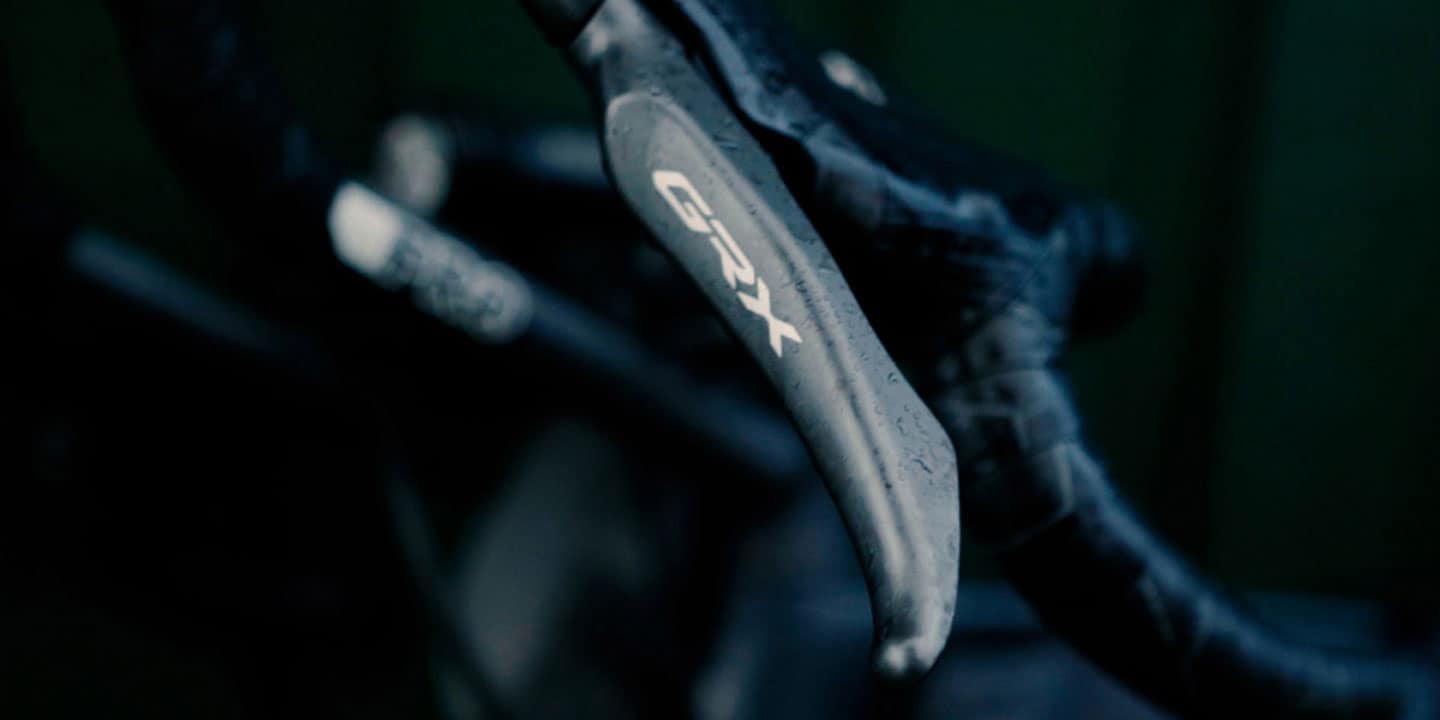
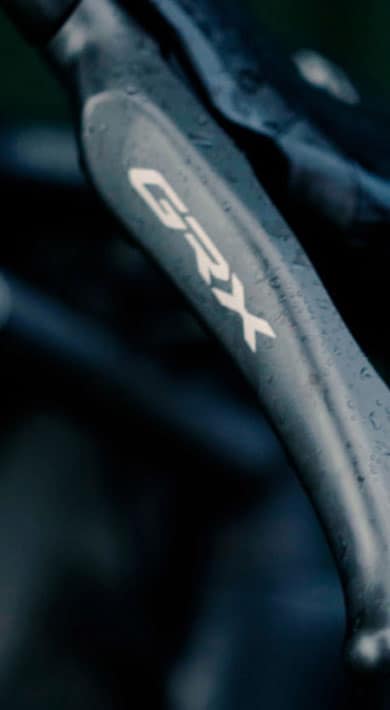
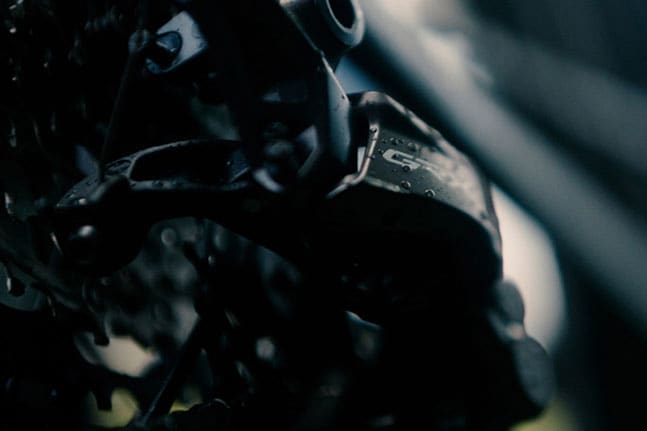

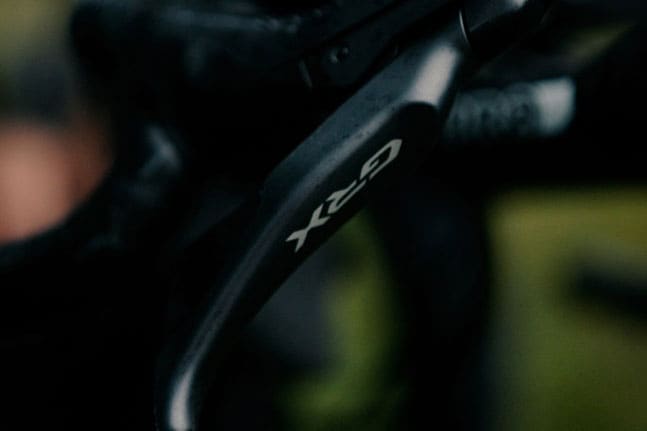
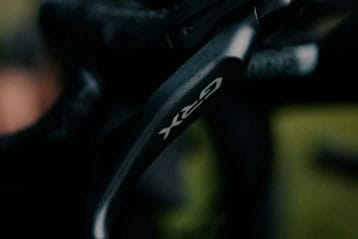








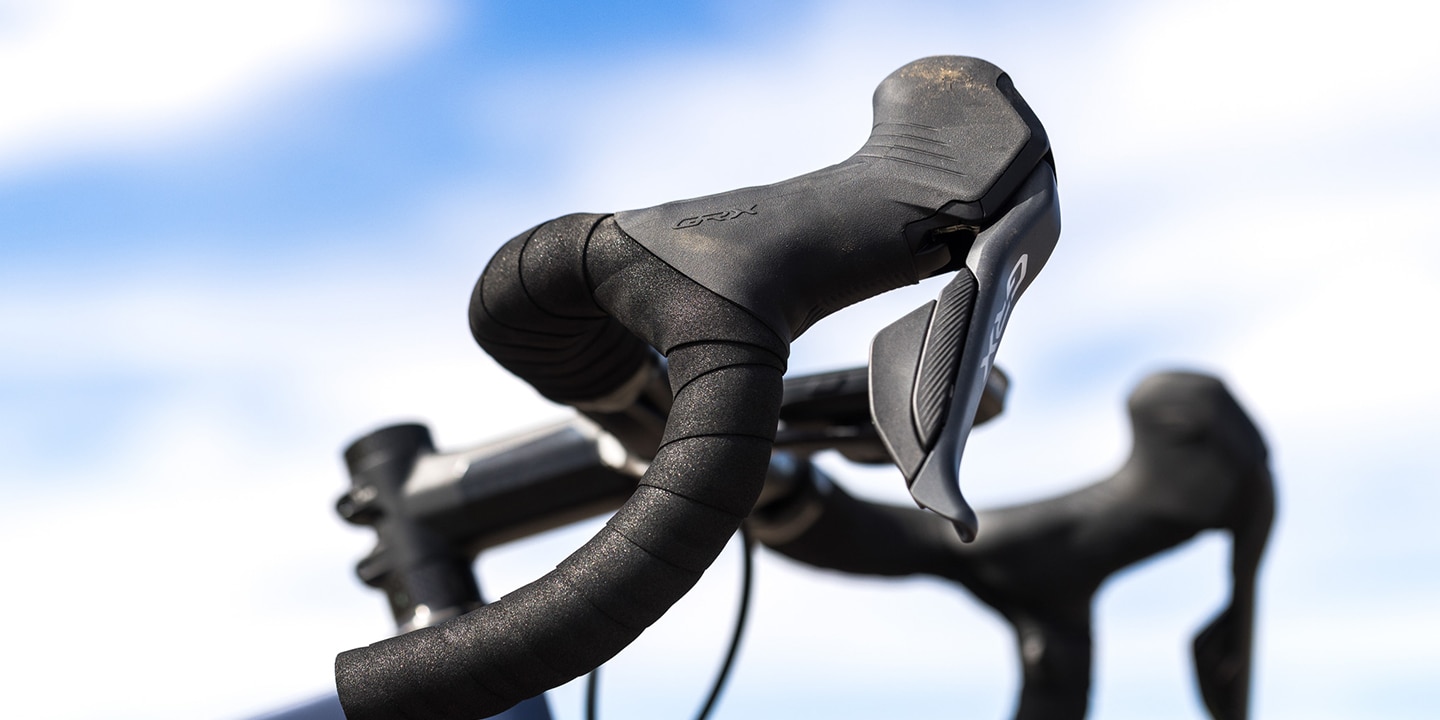
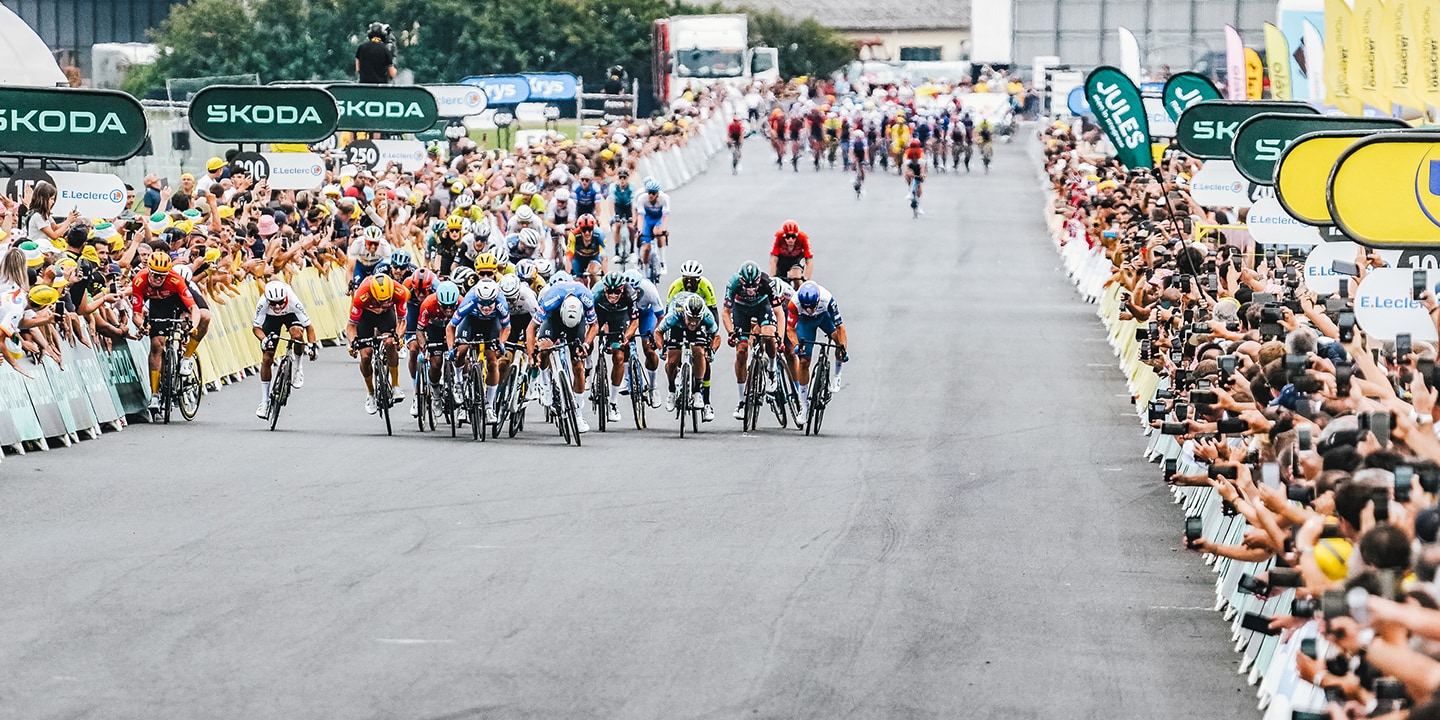
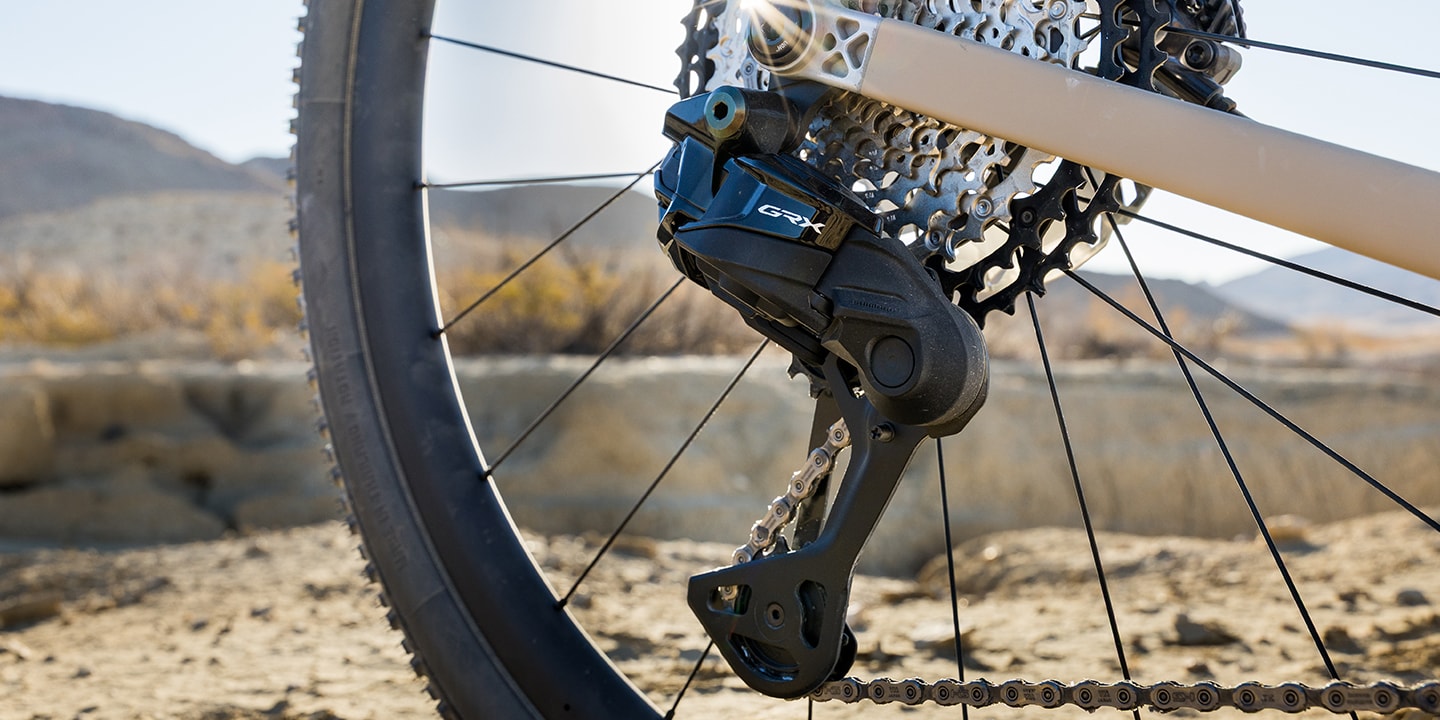


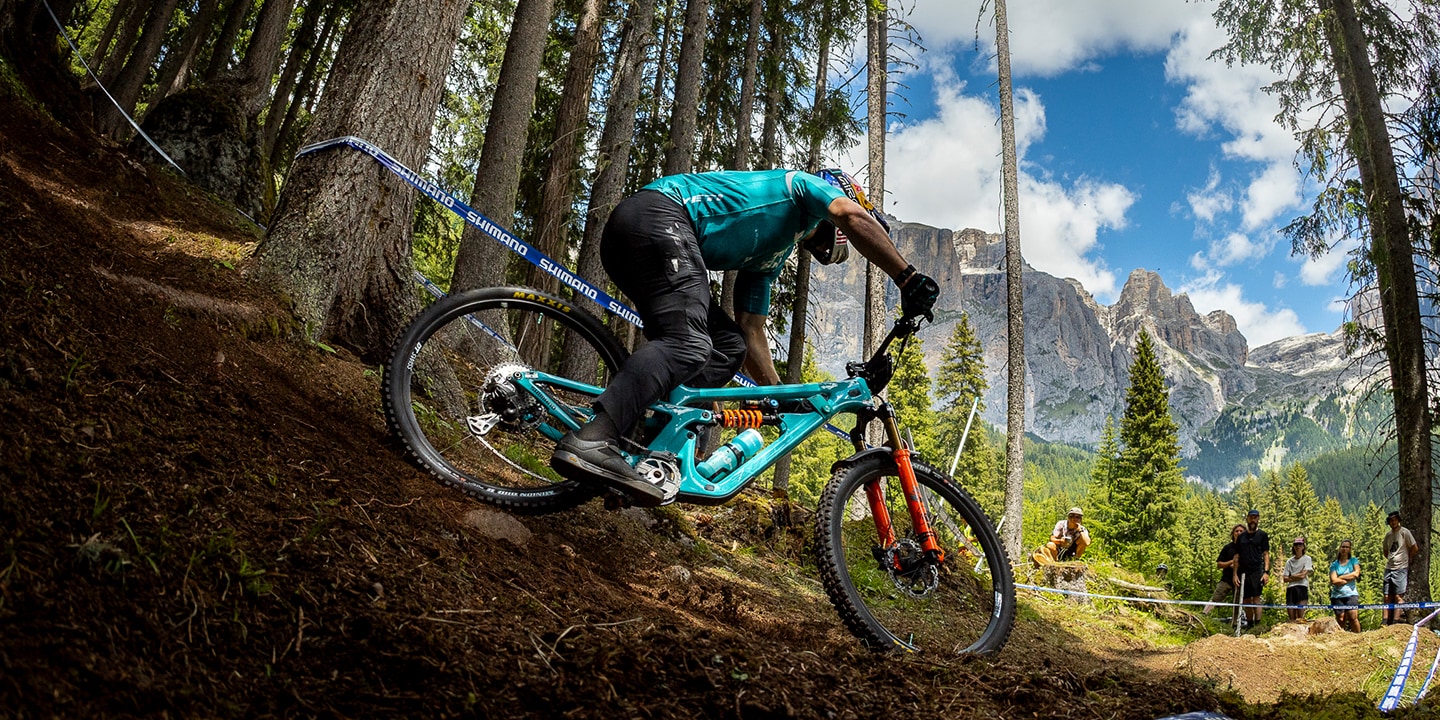
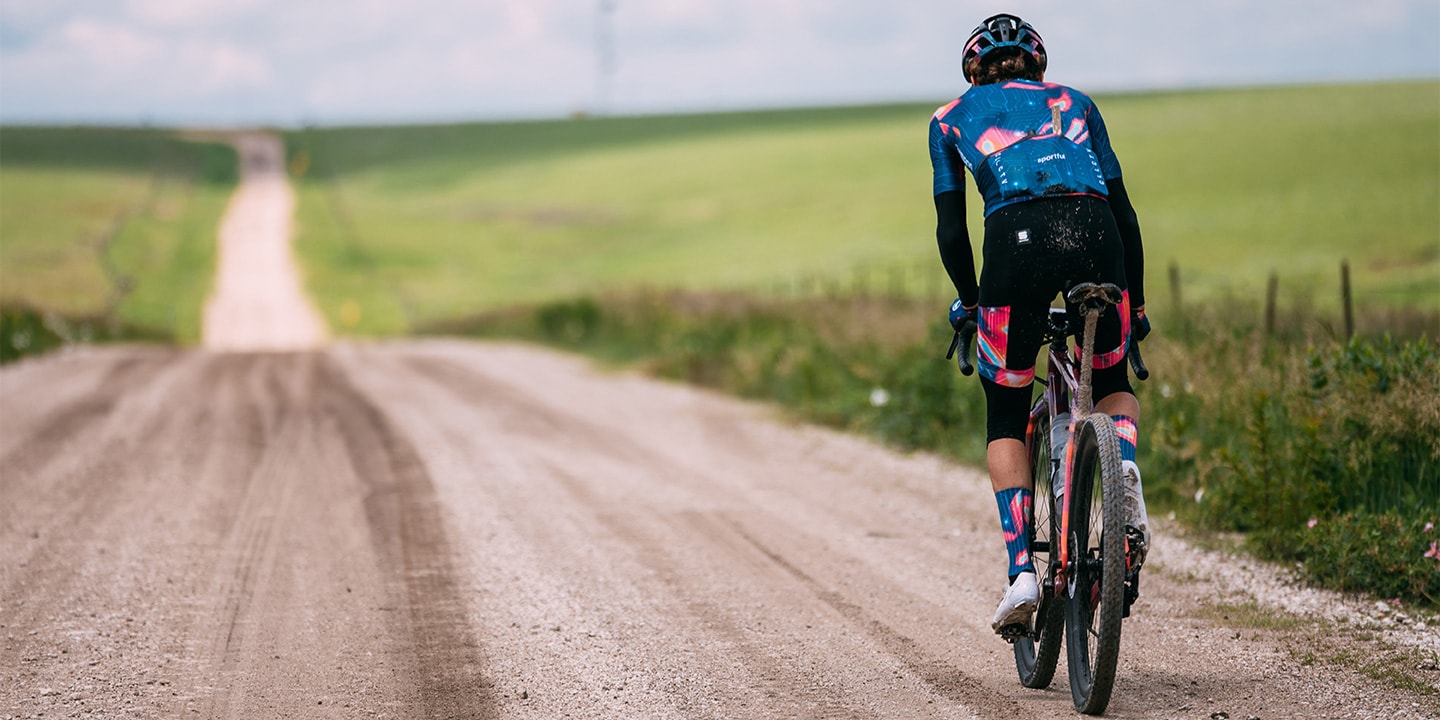
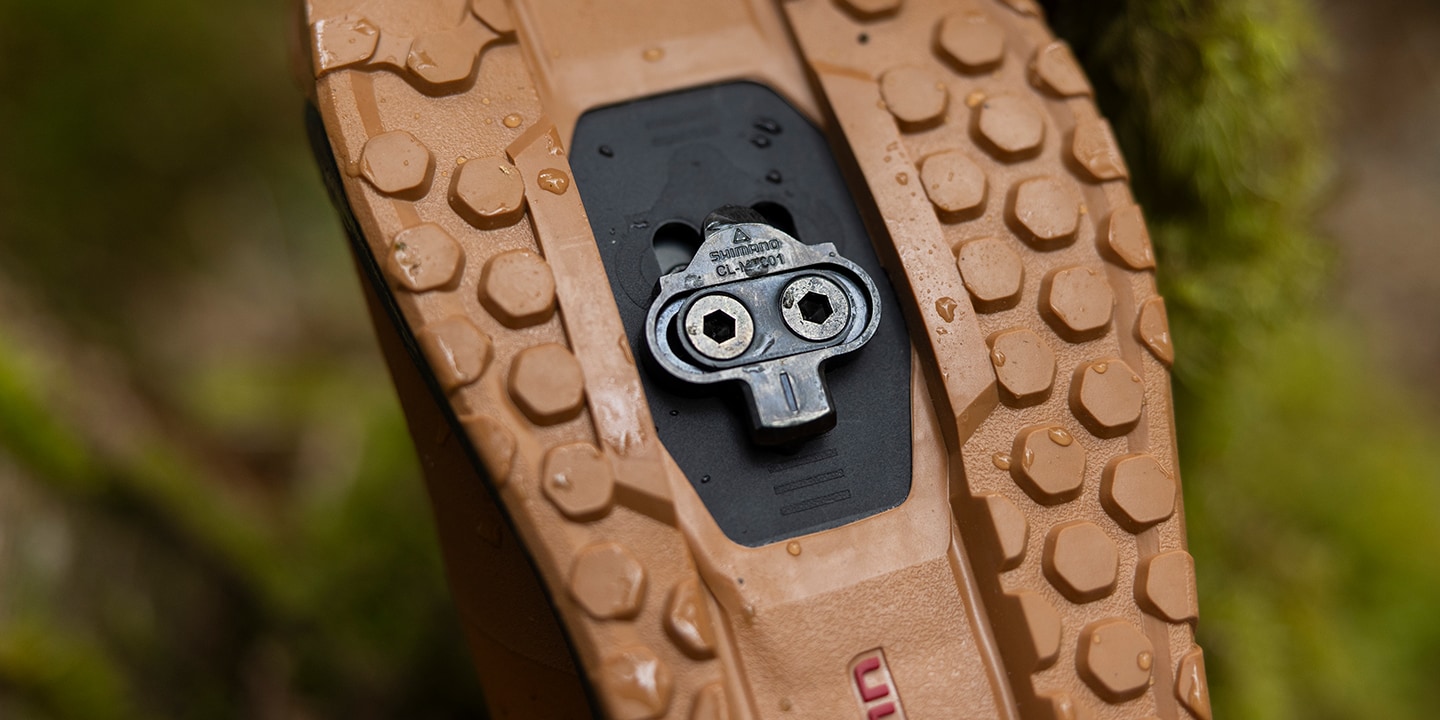
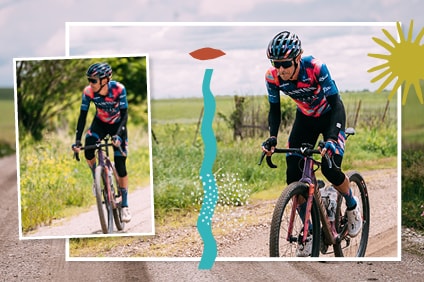
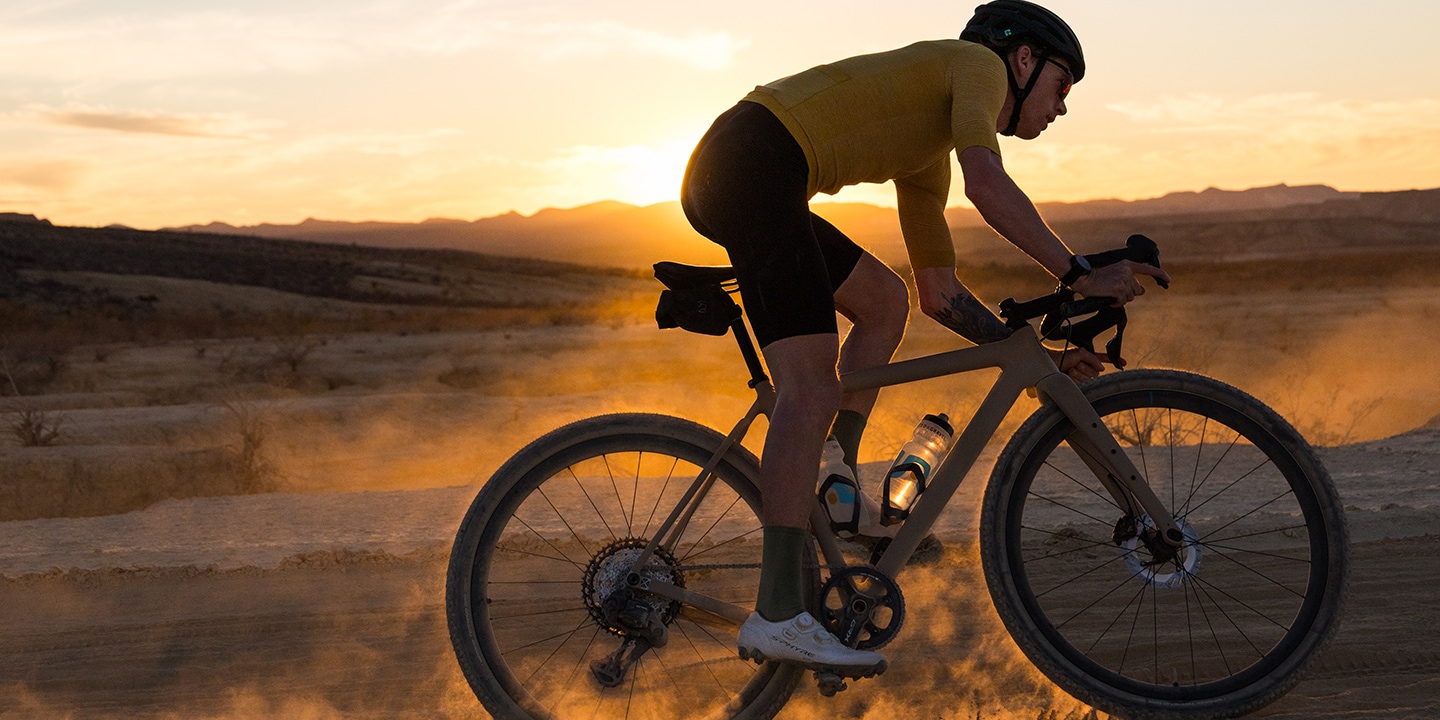
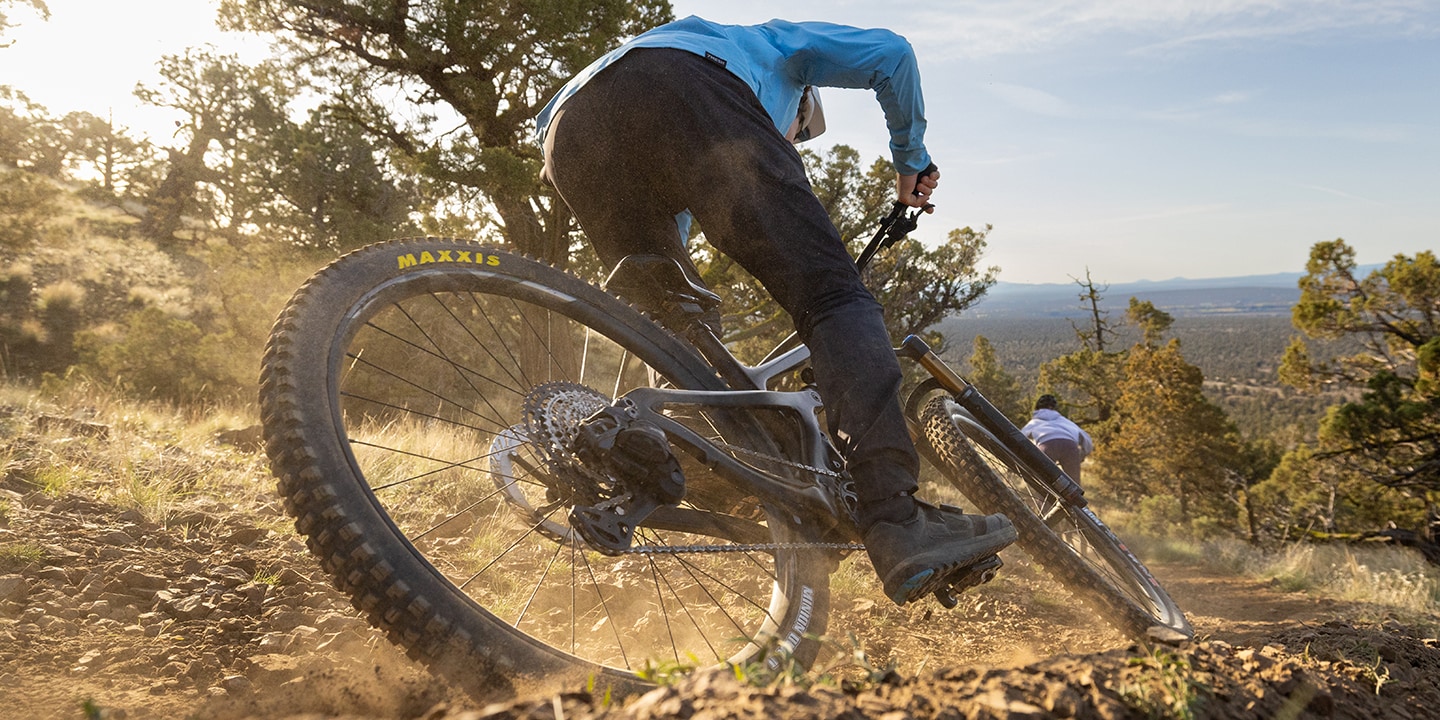

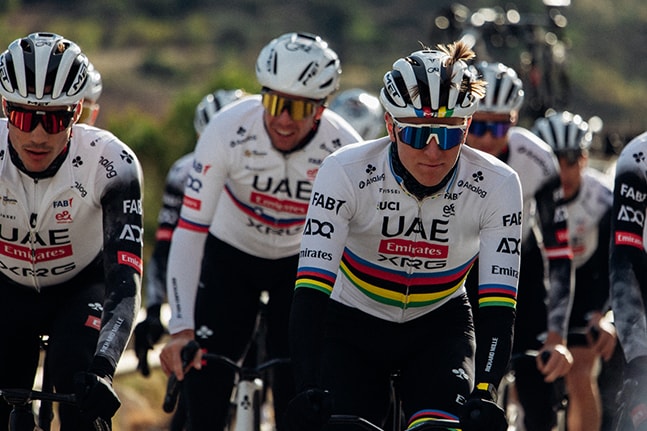
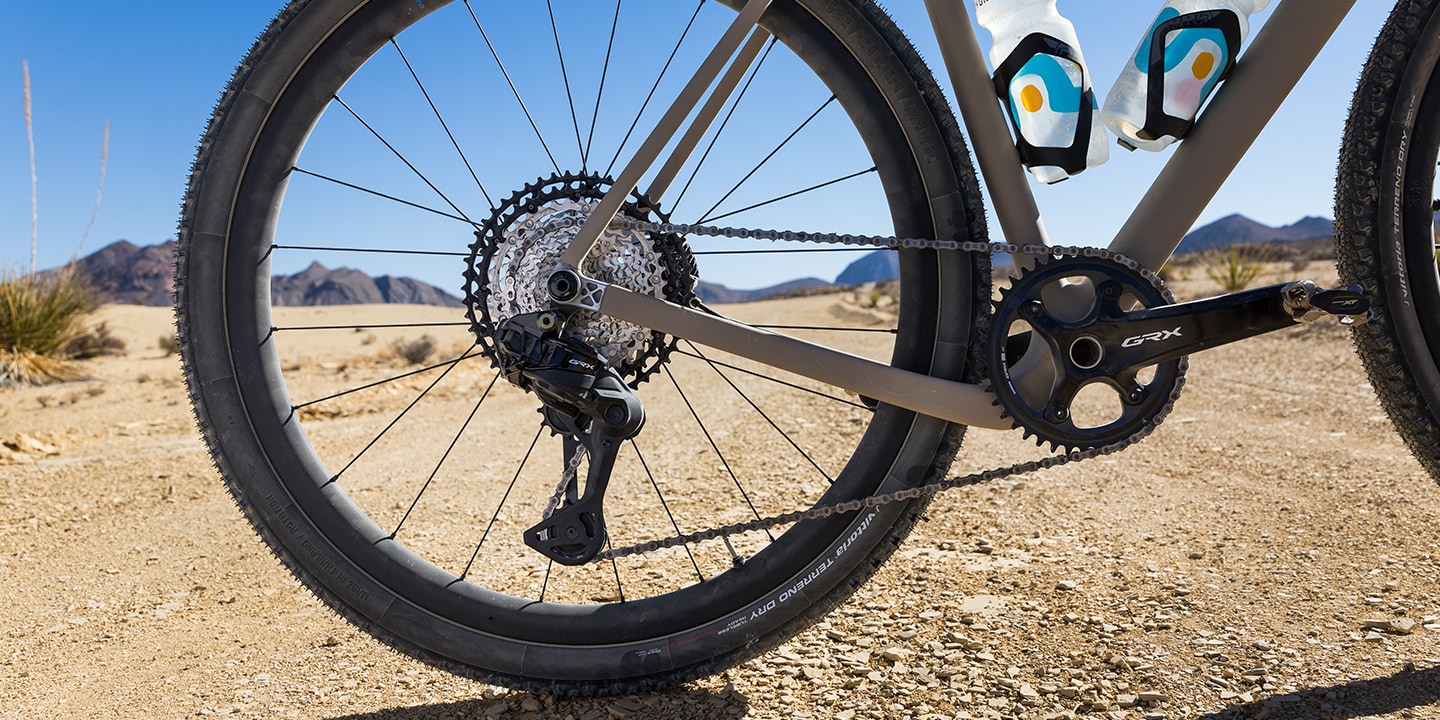

.jpg)
